

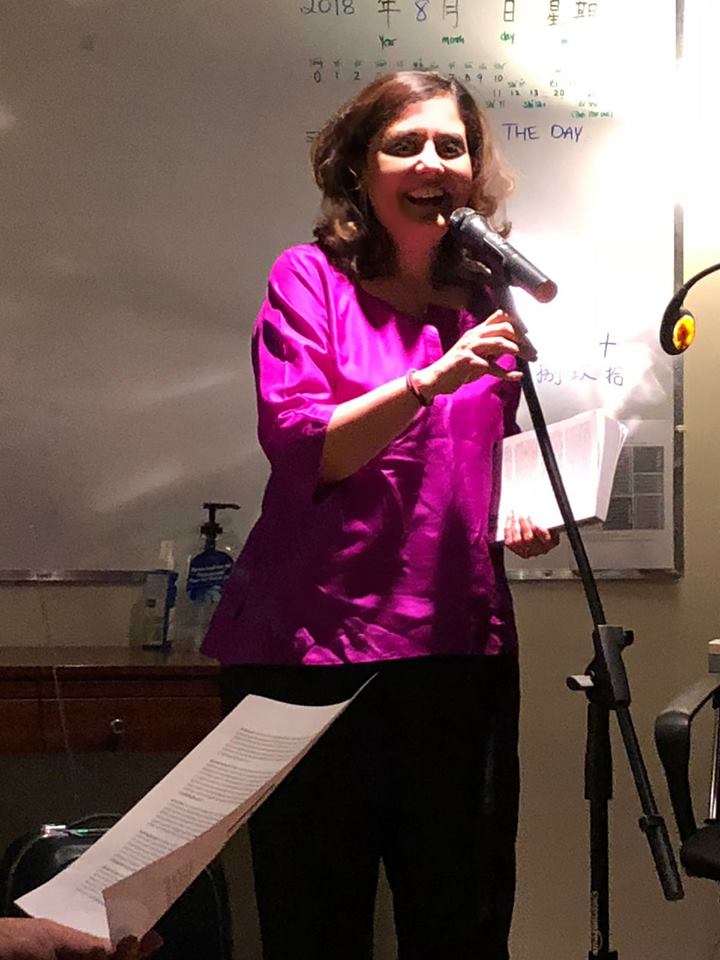
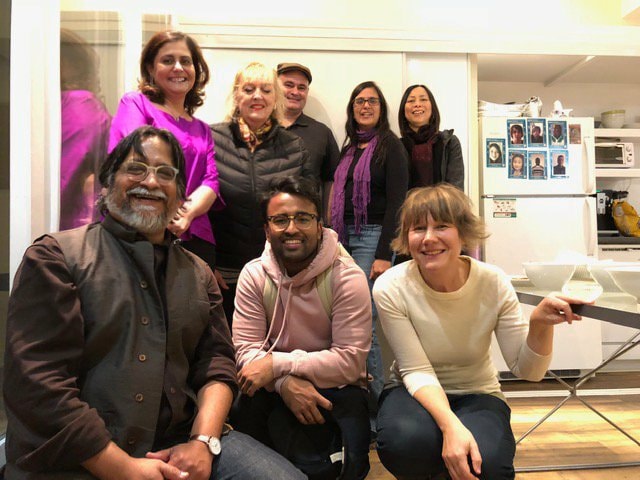
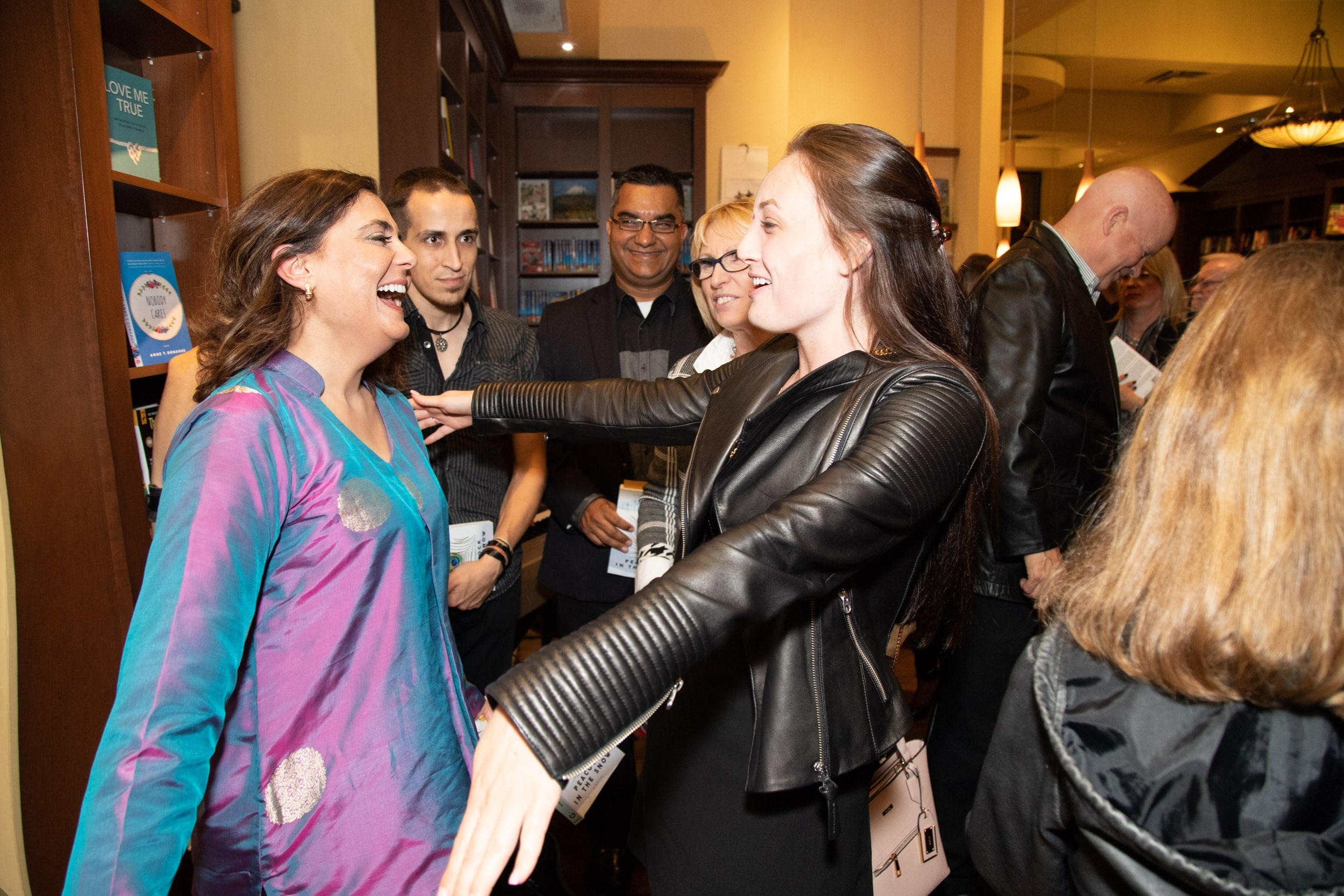
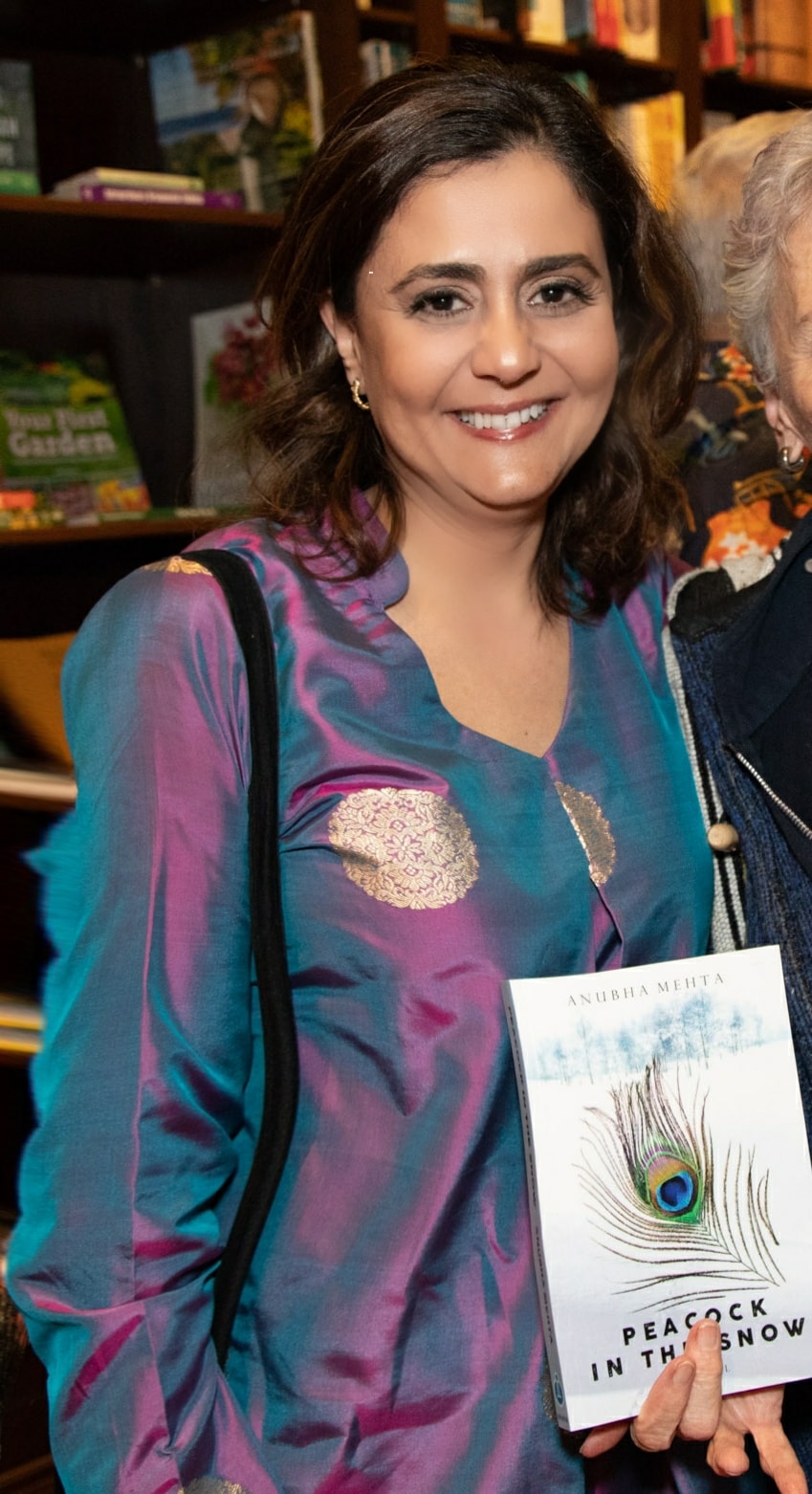
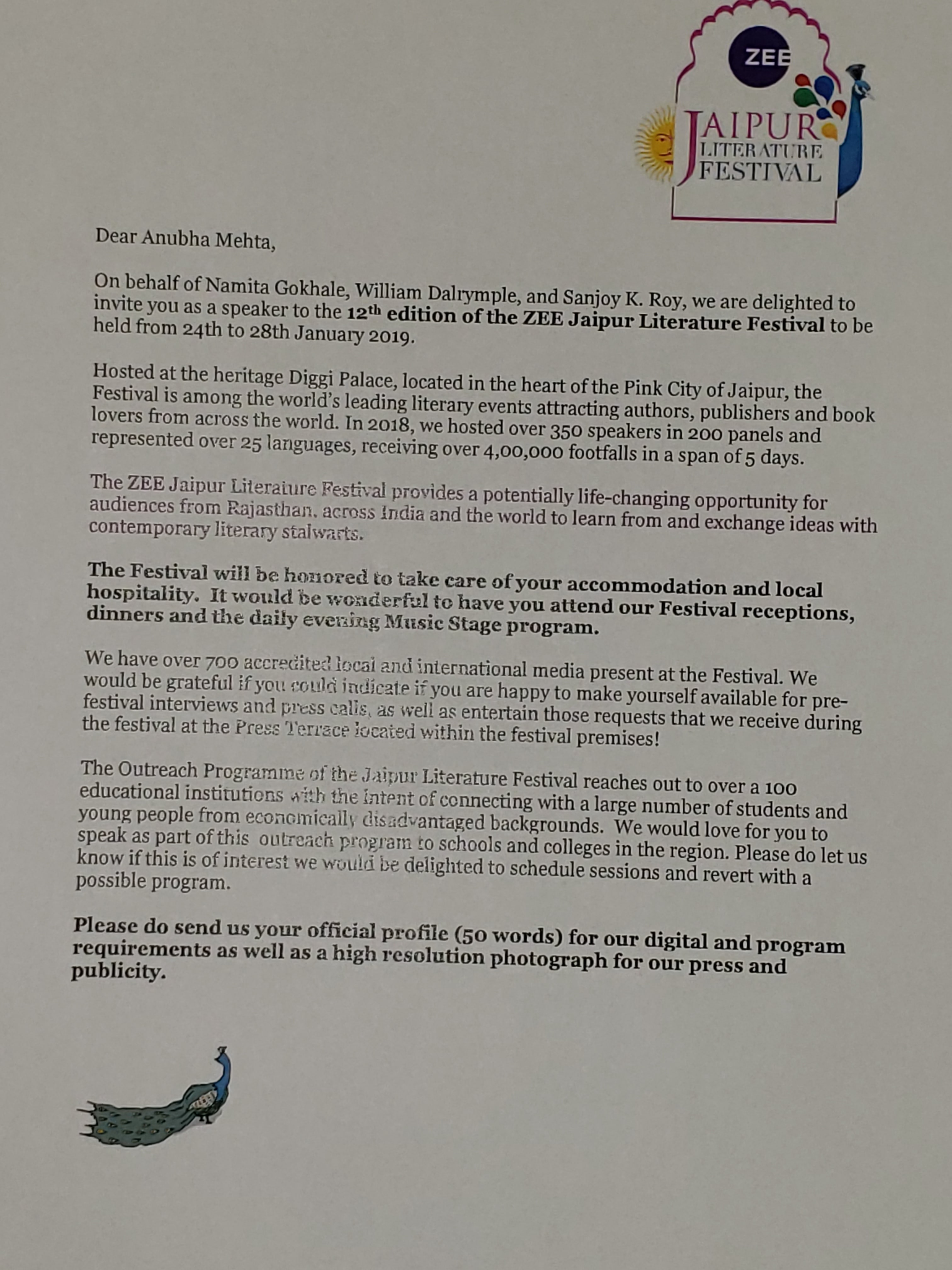
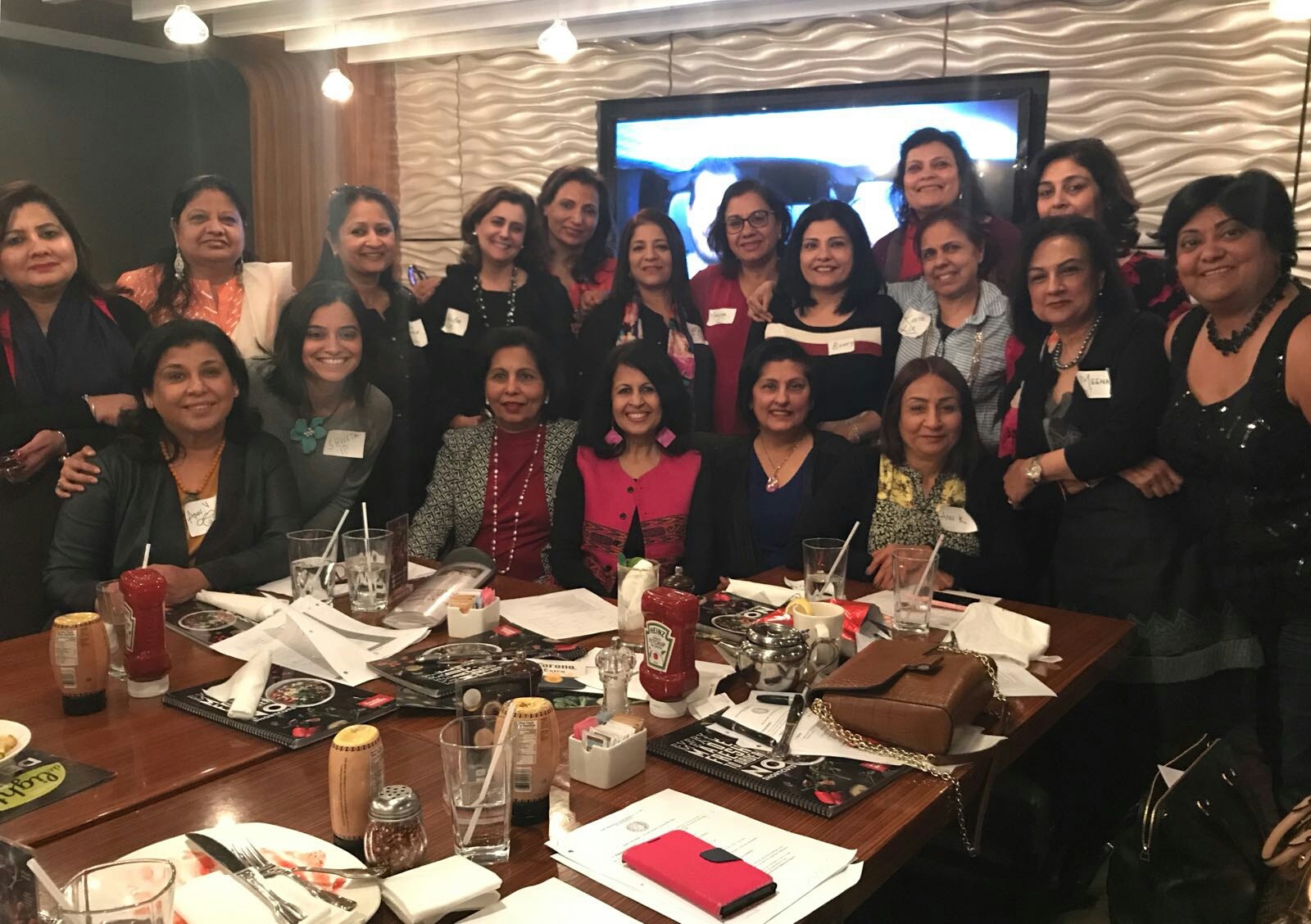
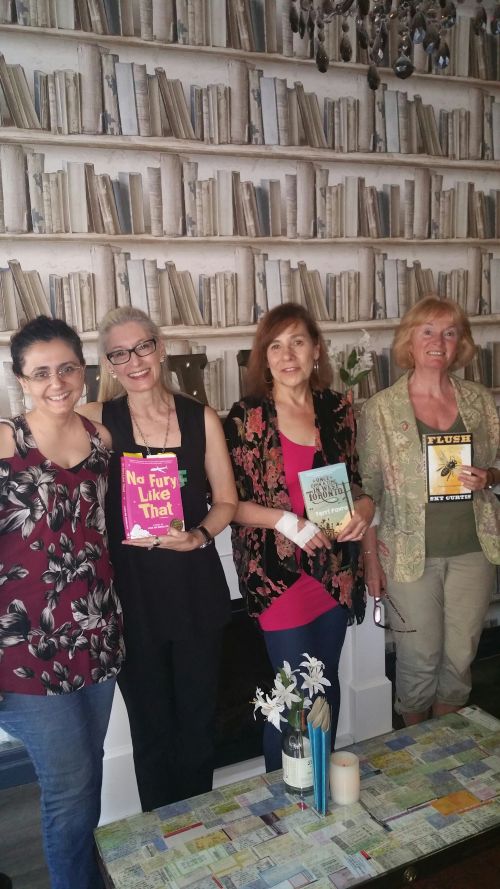
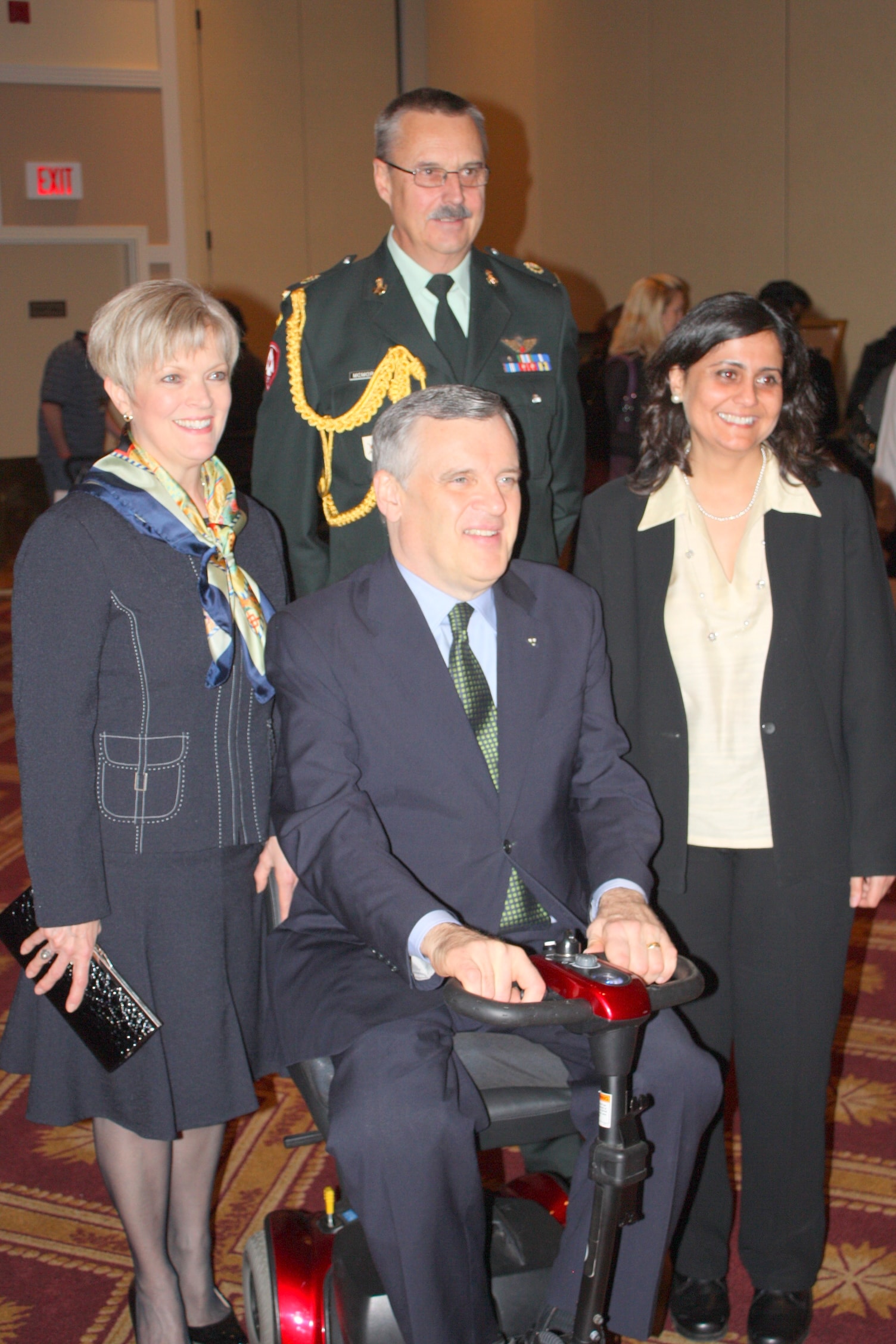
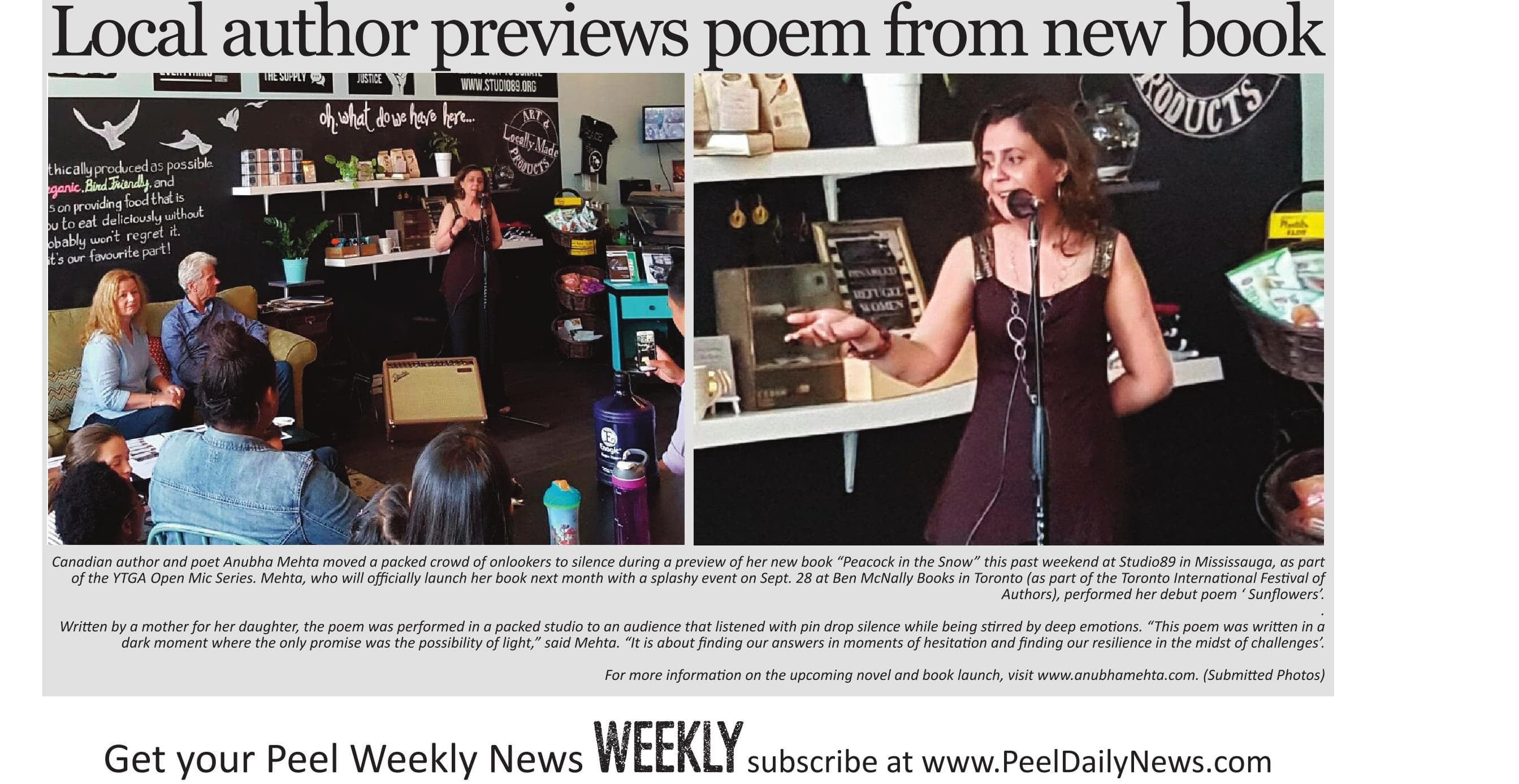
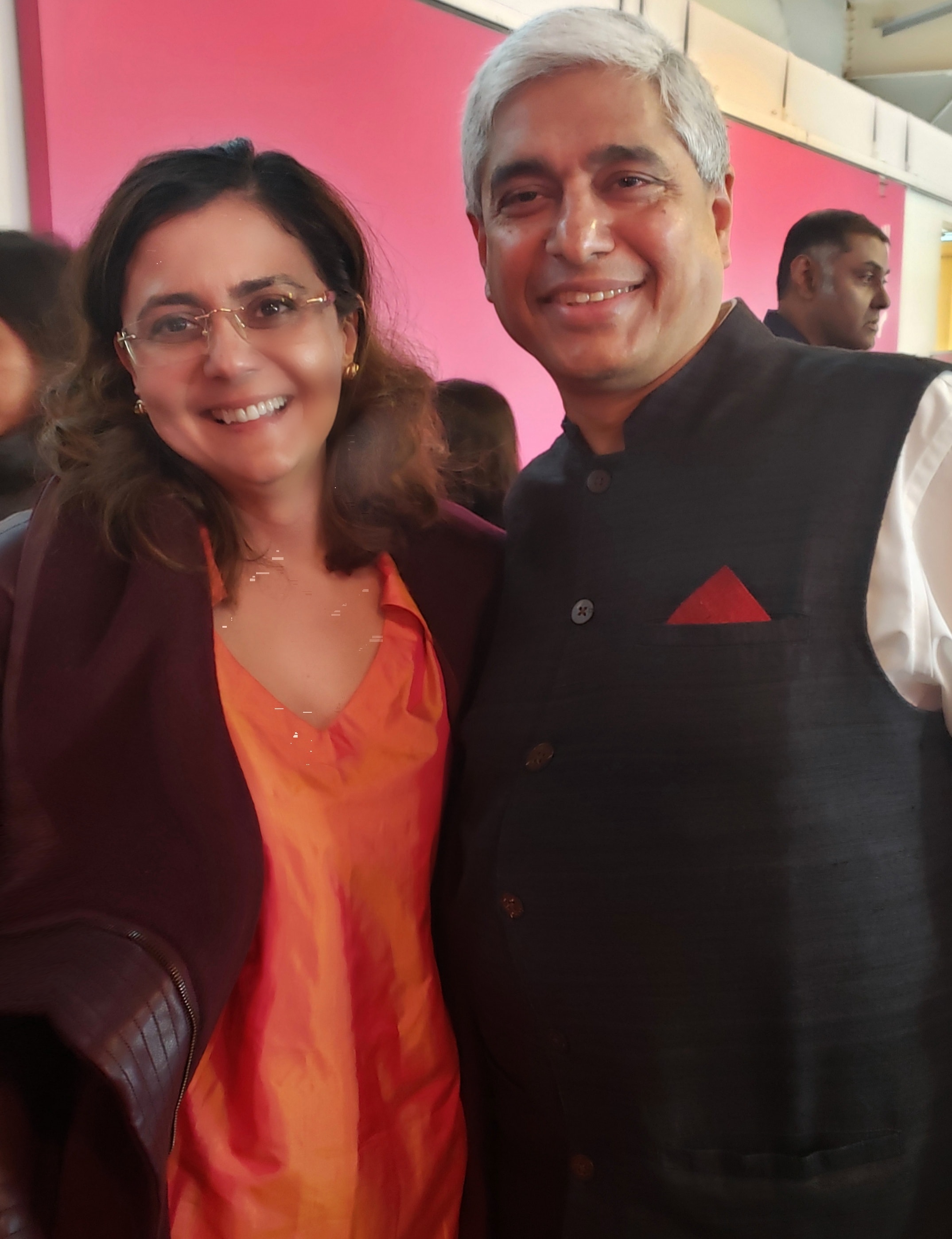
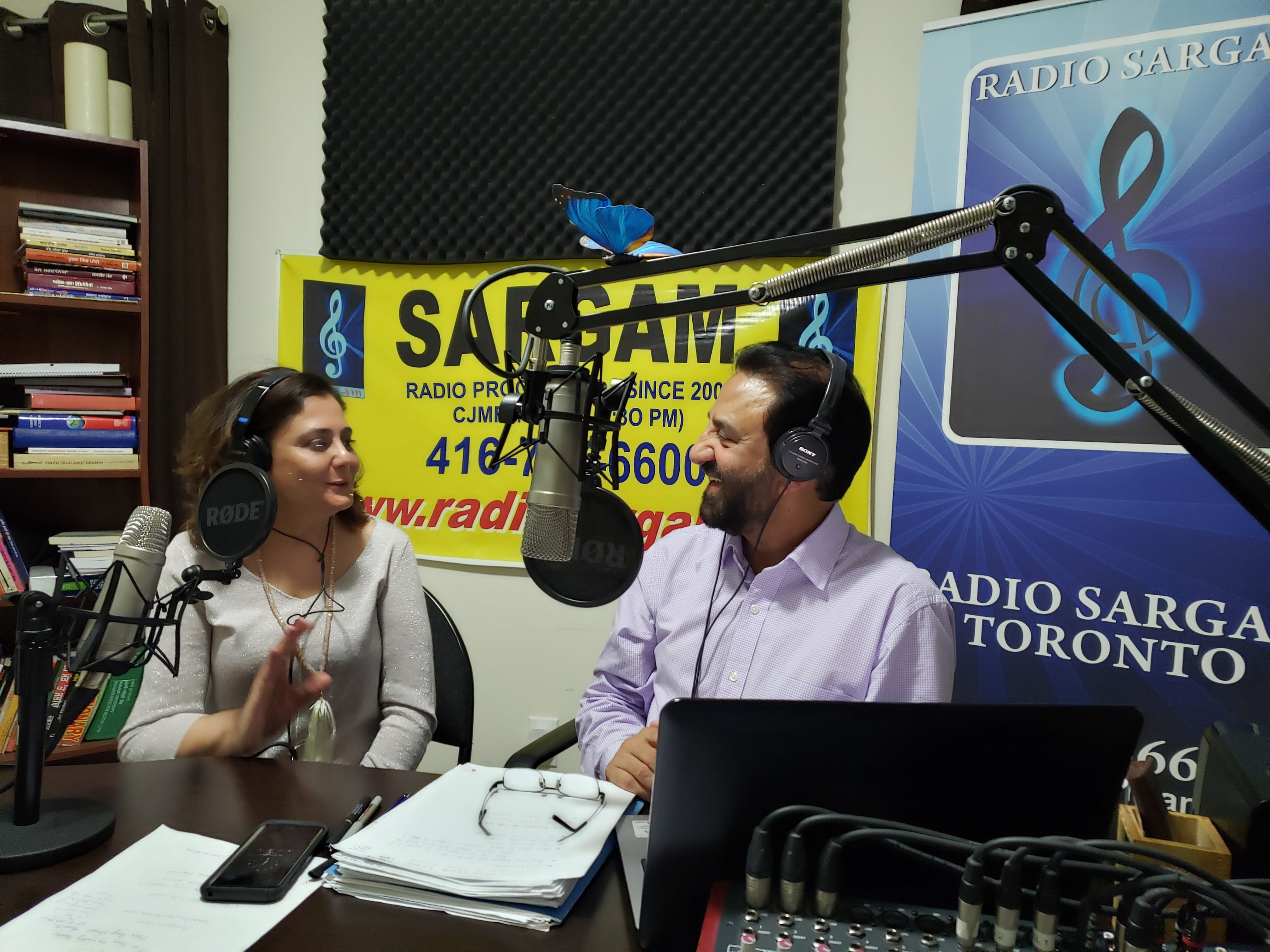
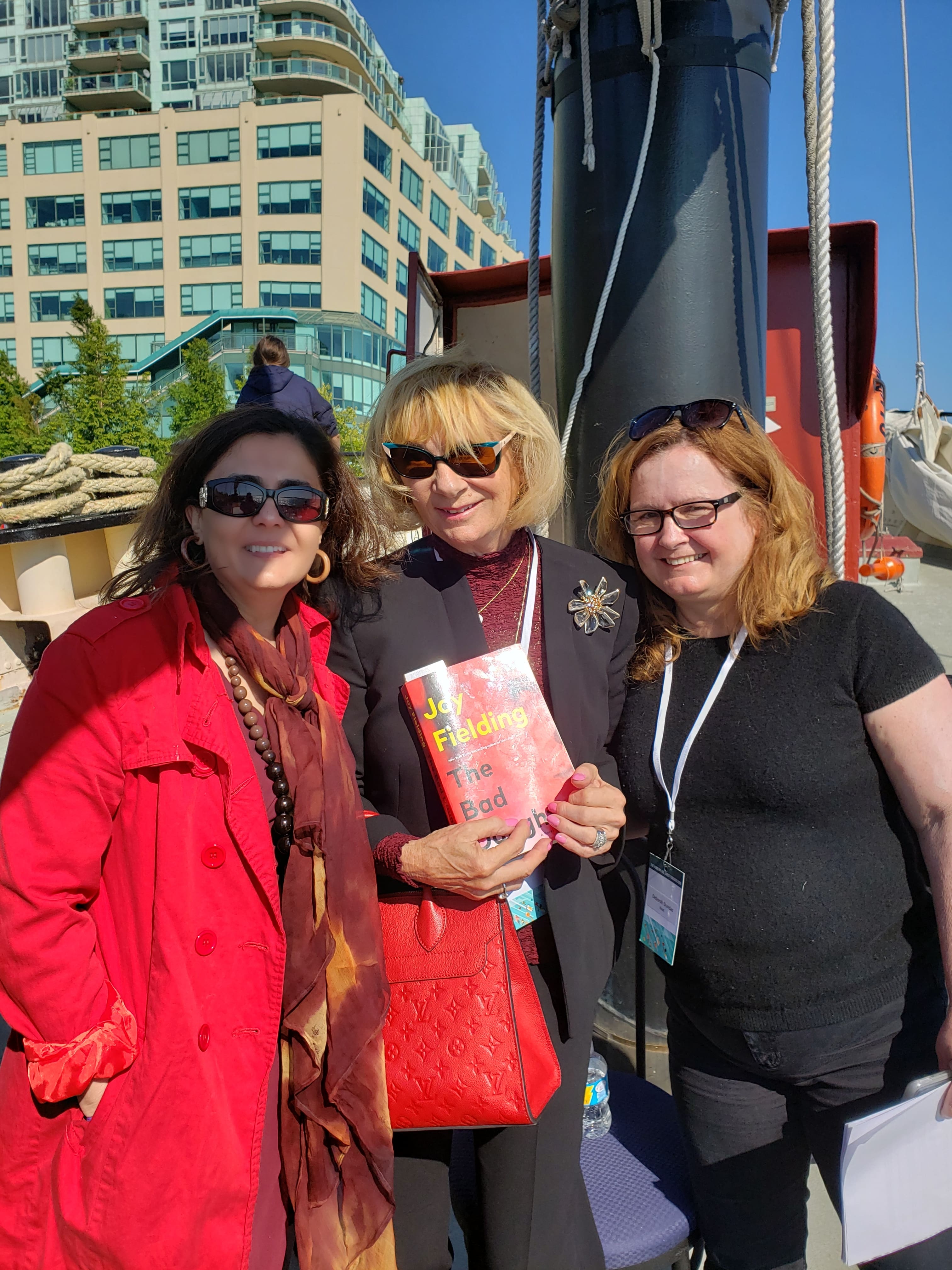
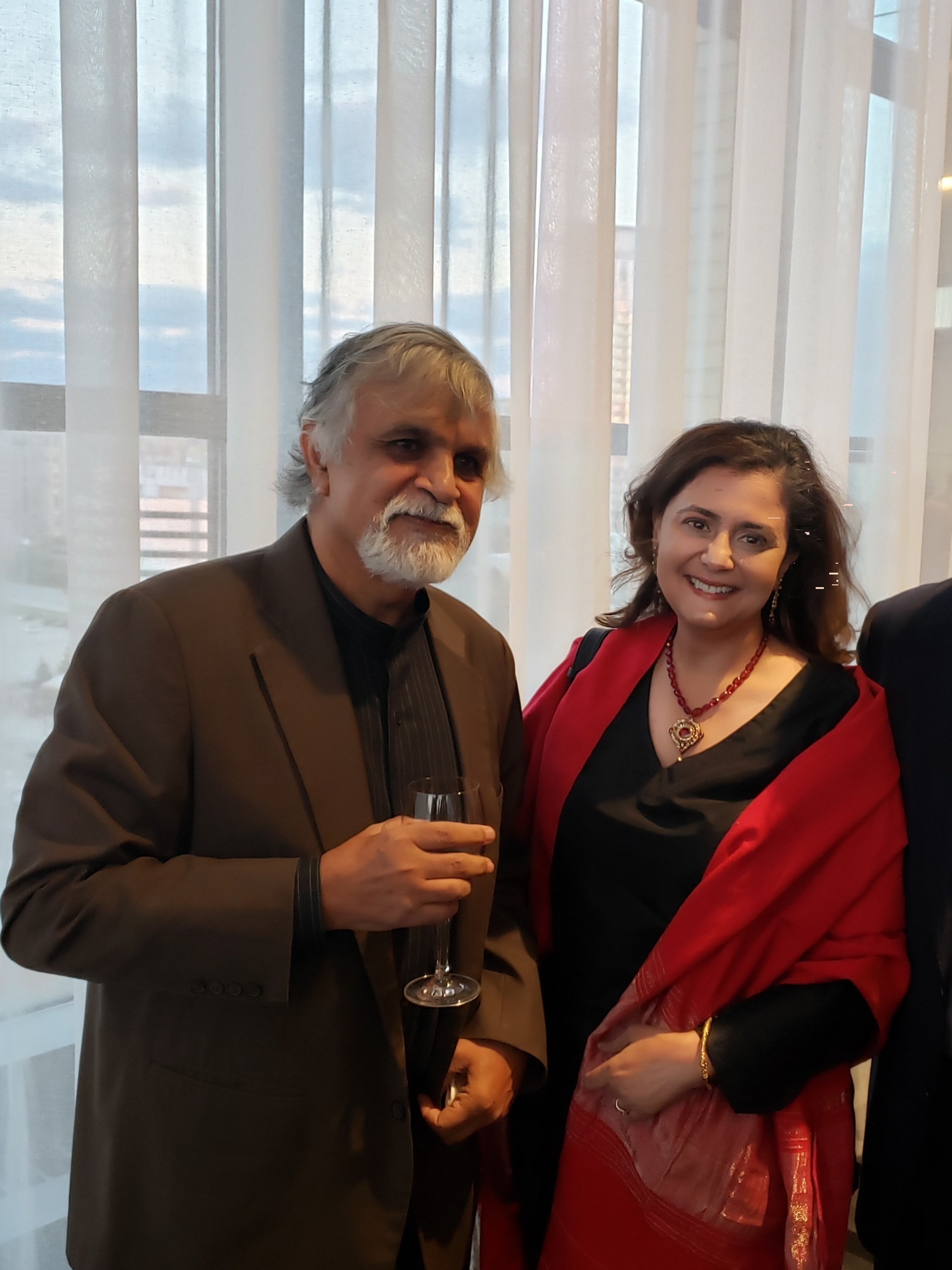
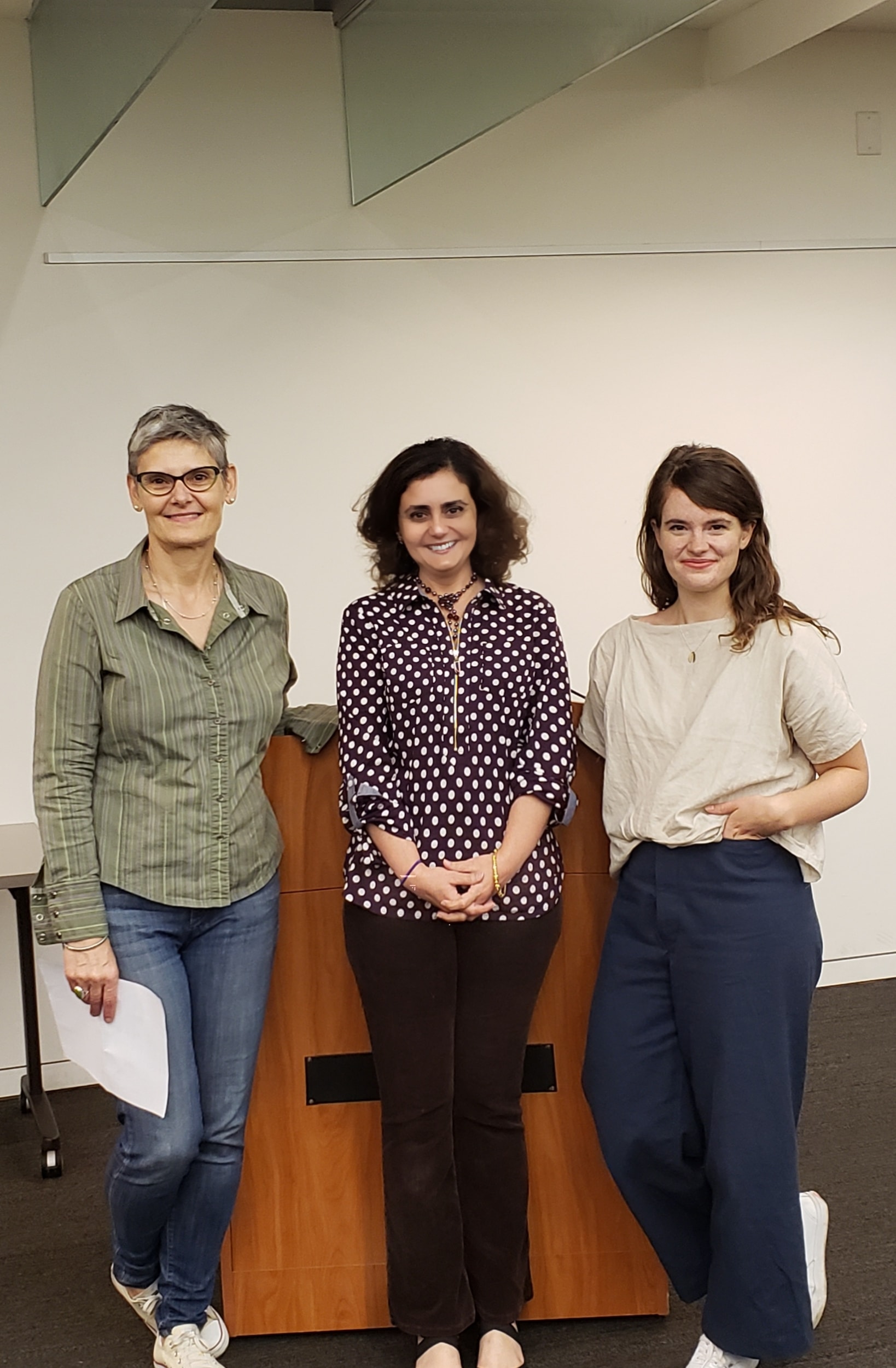
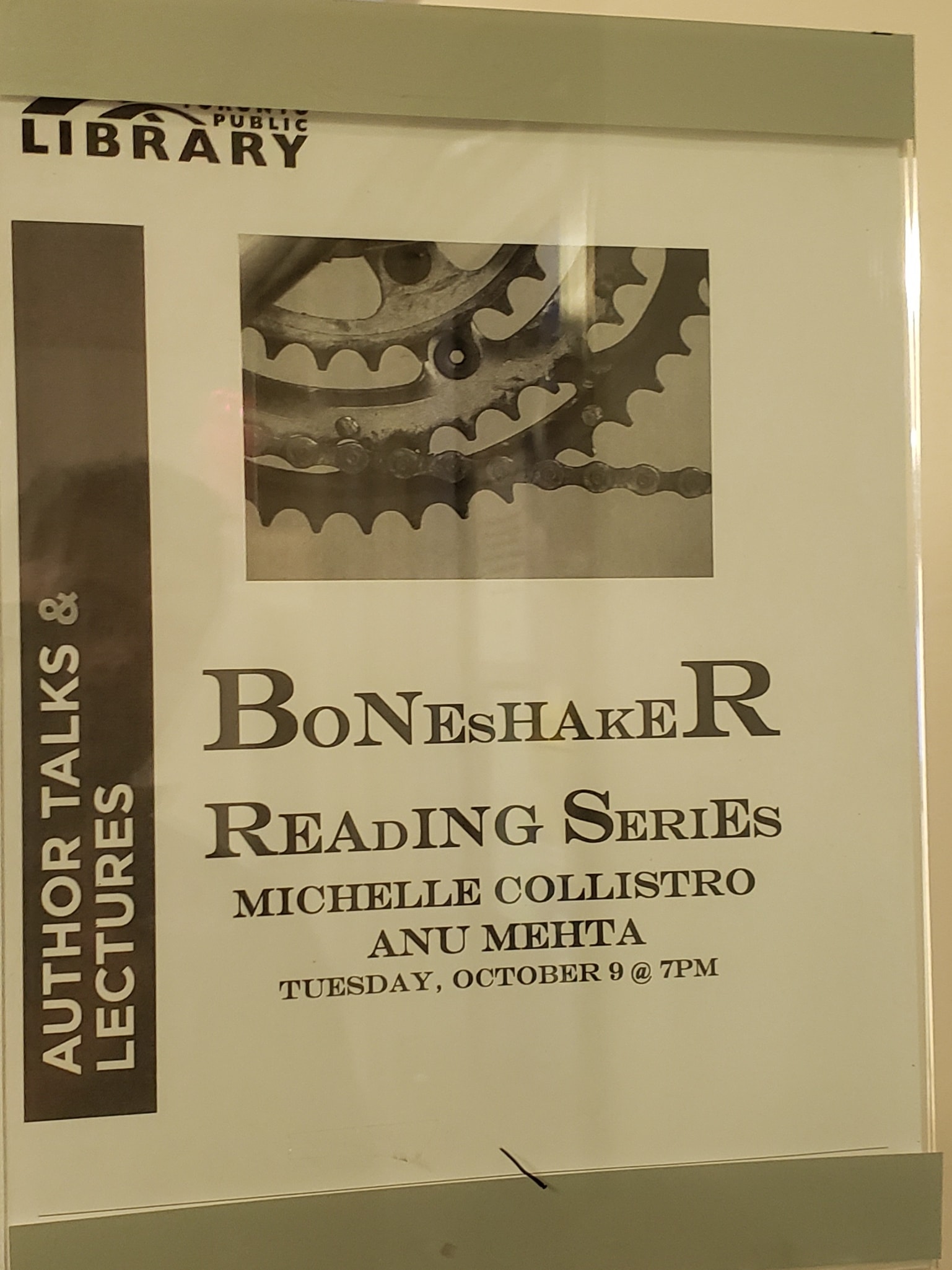
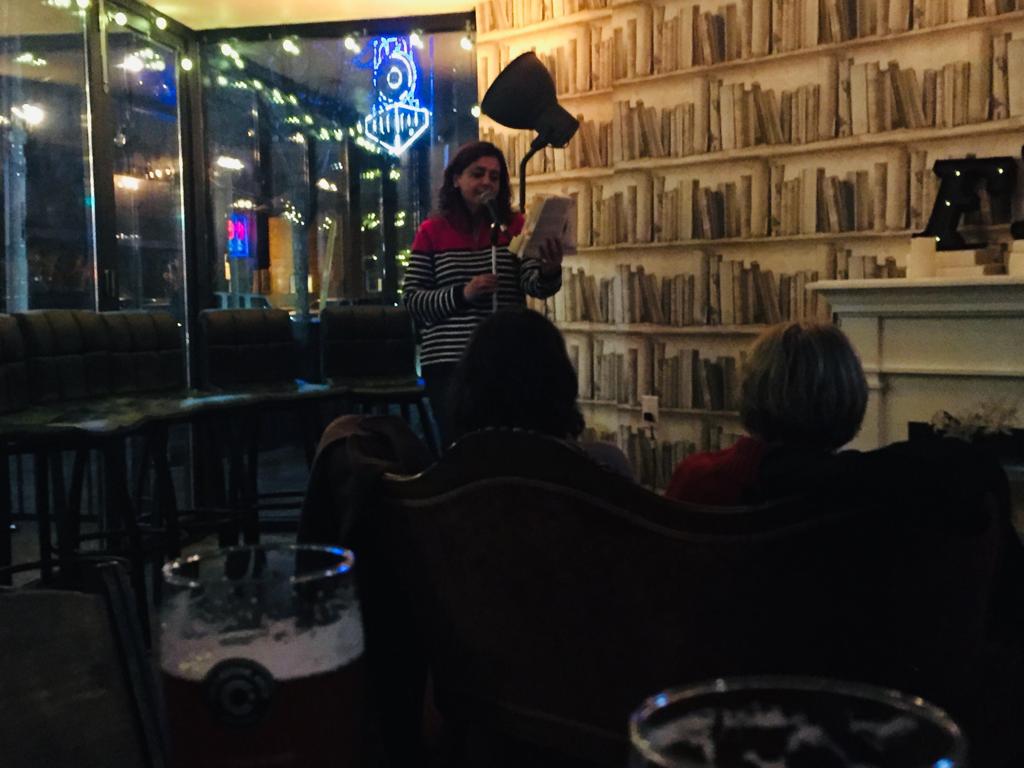
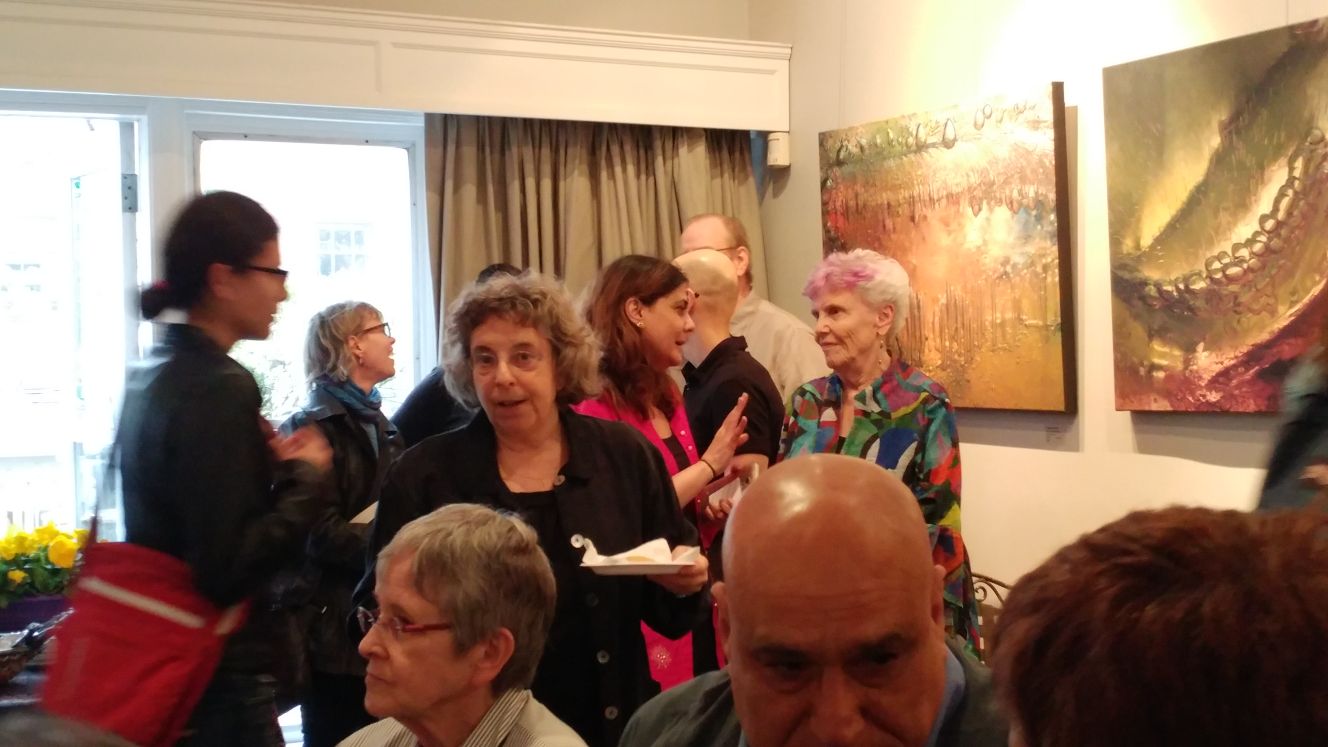
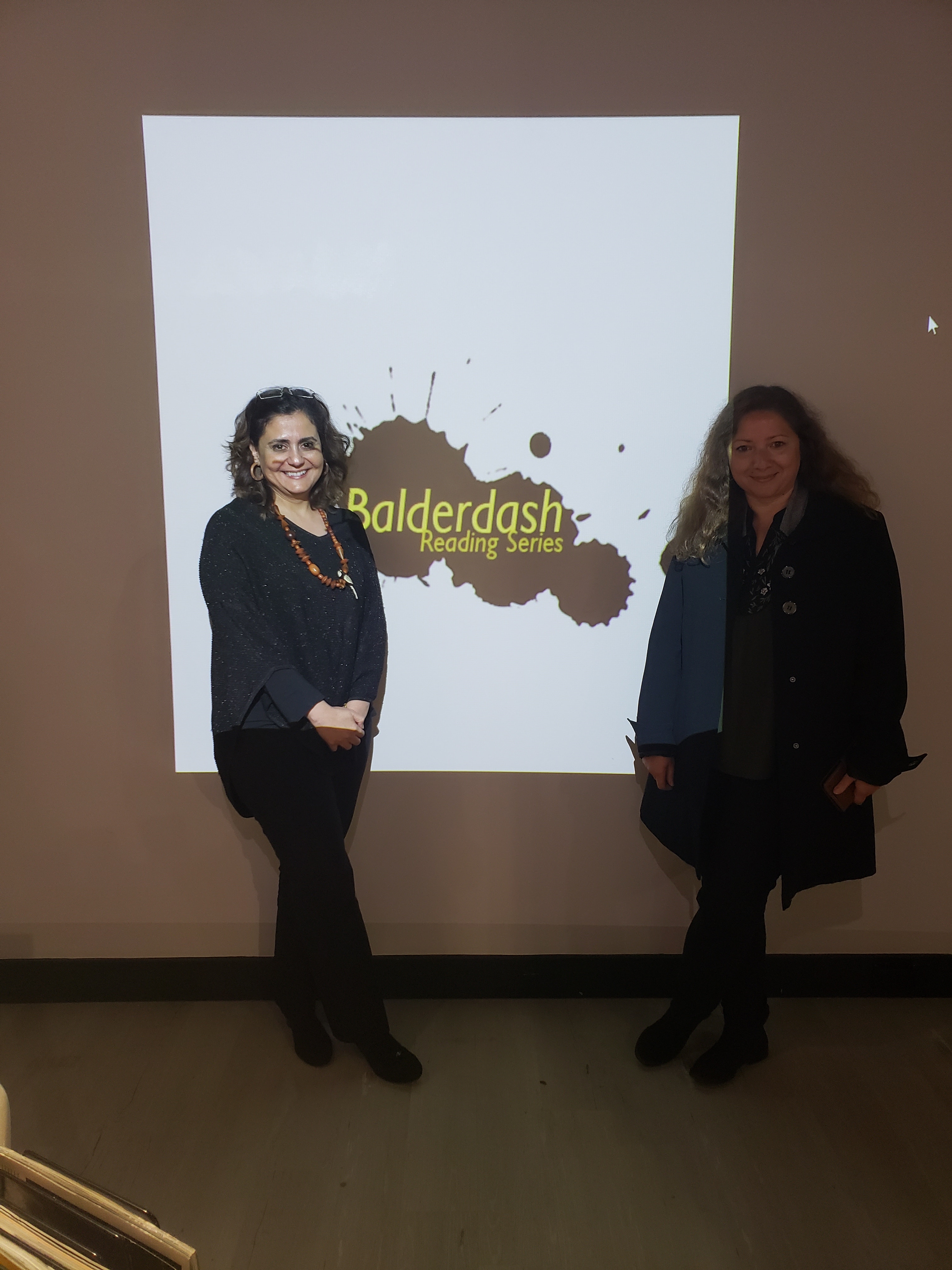



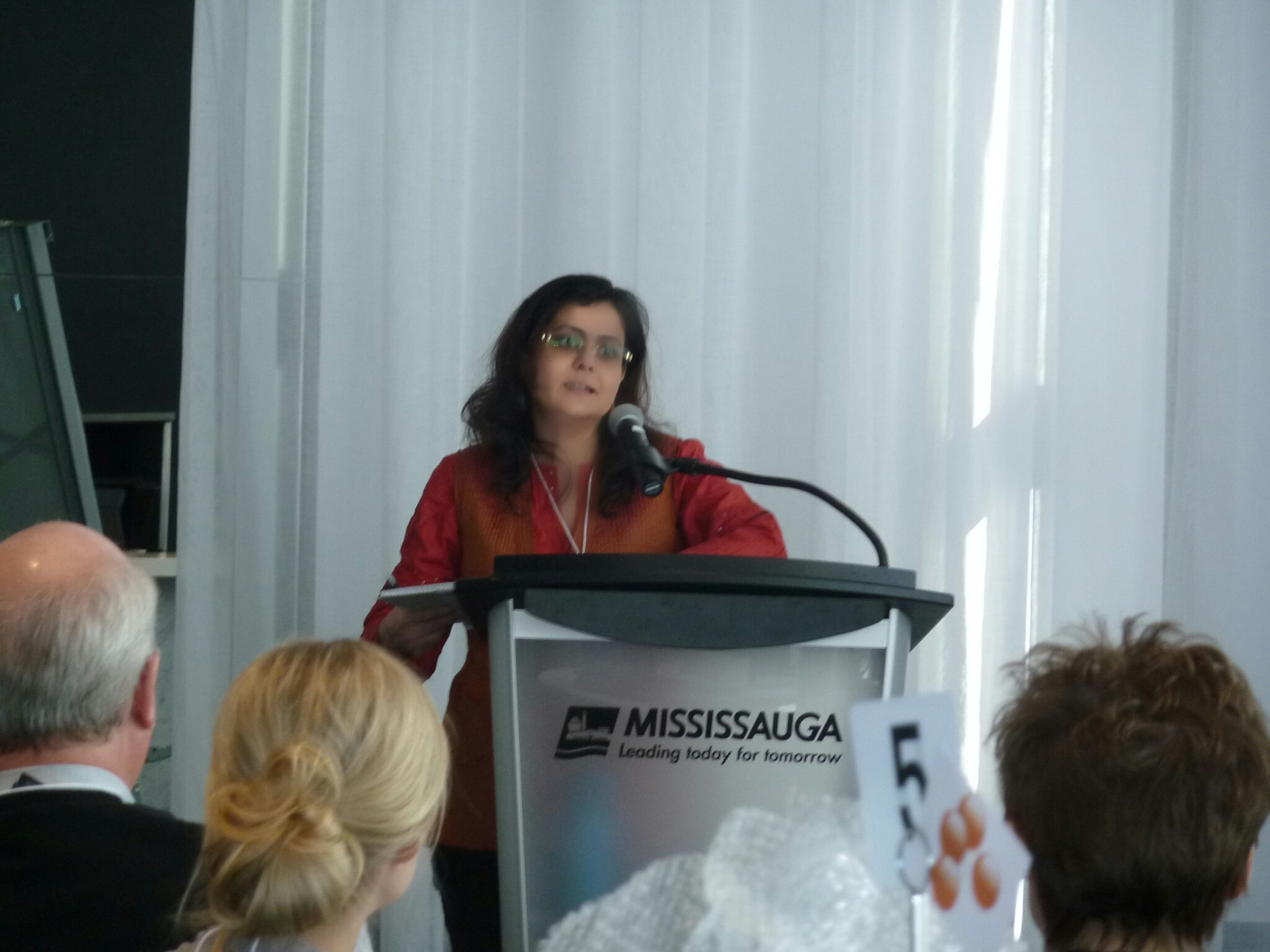

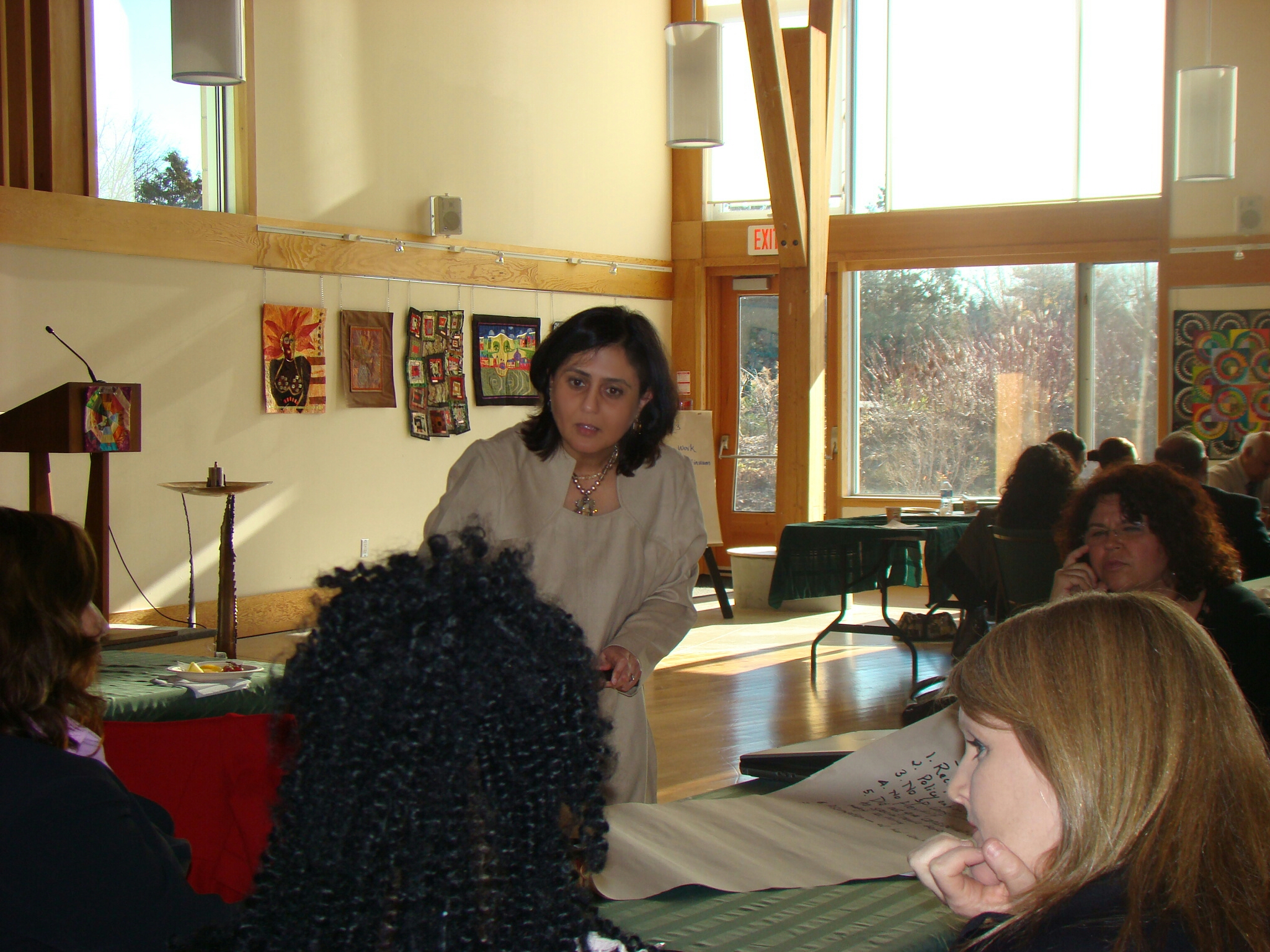
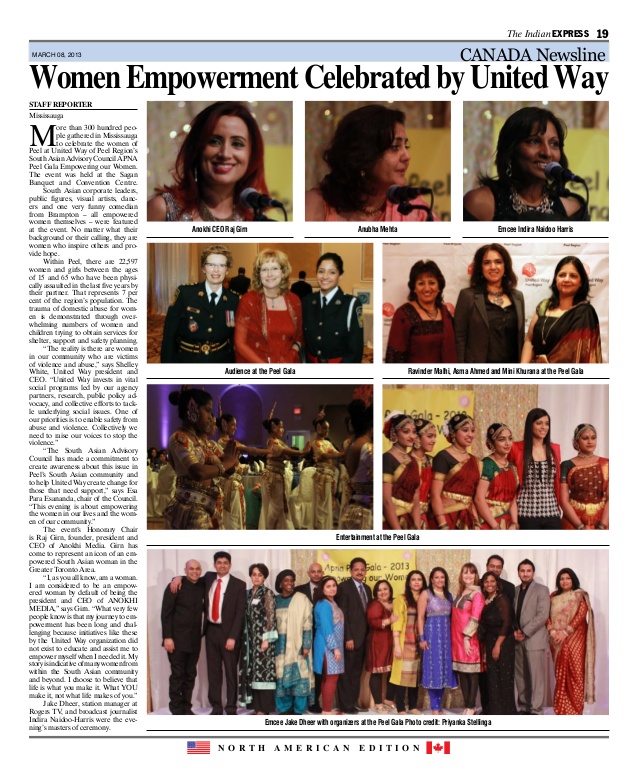
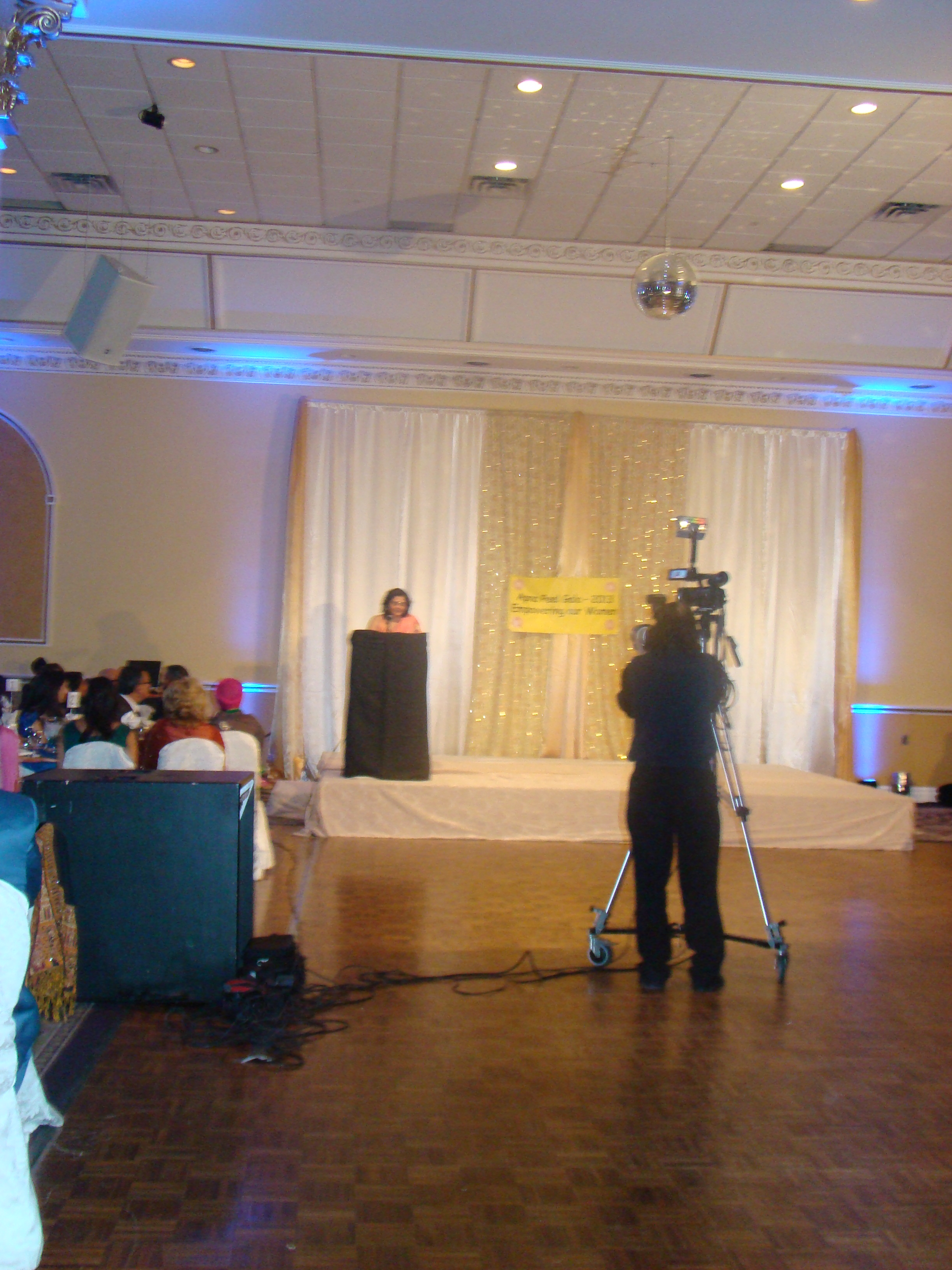
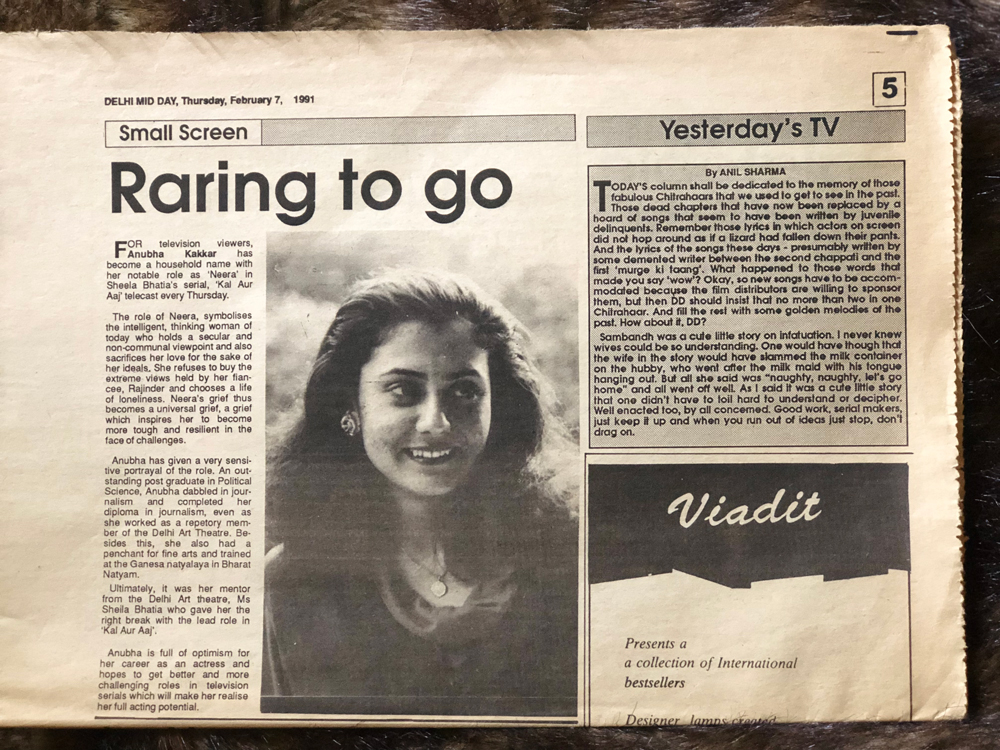
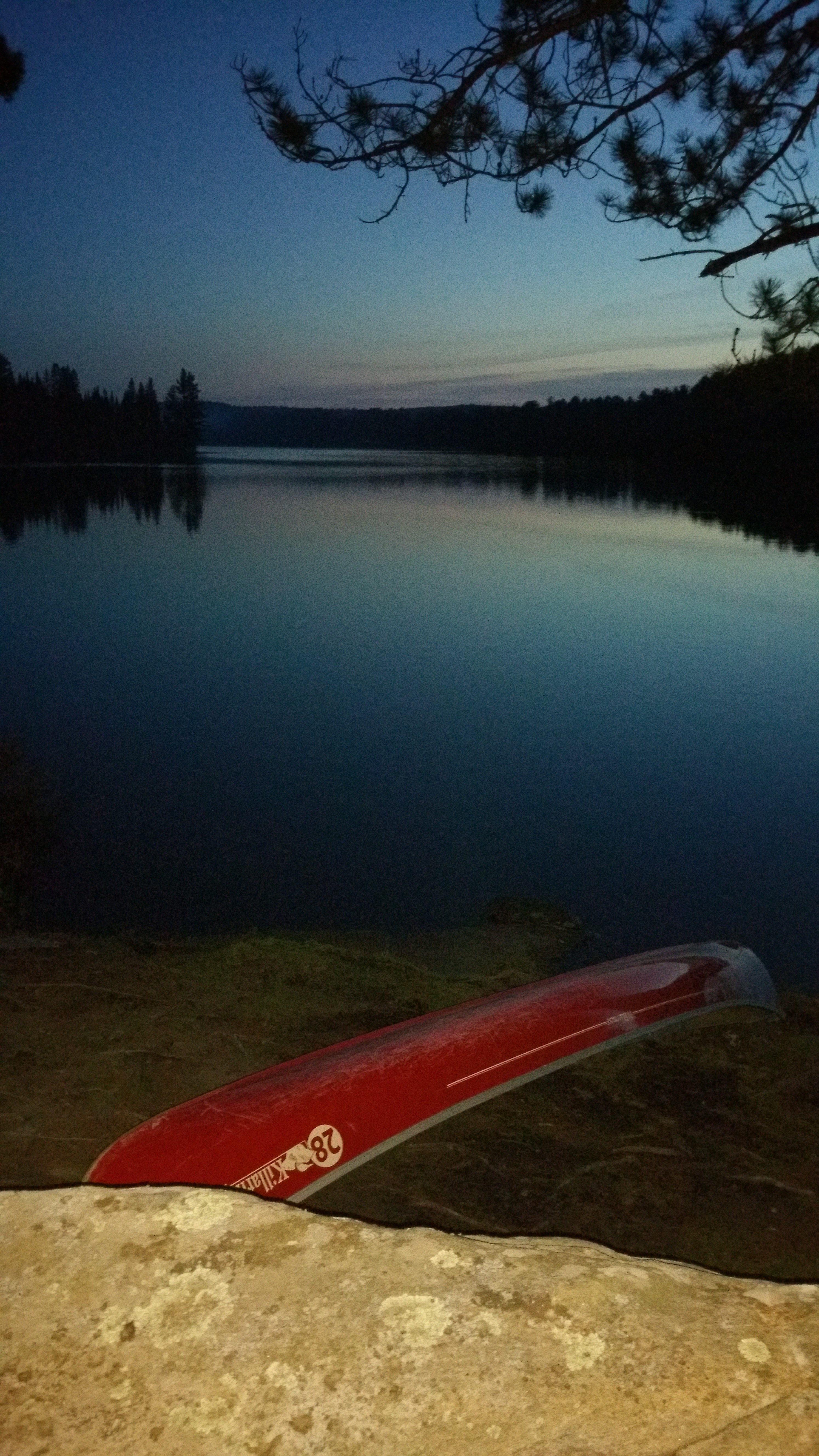

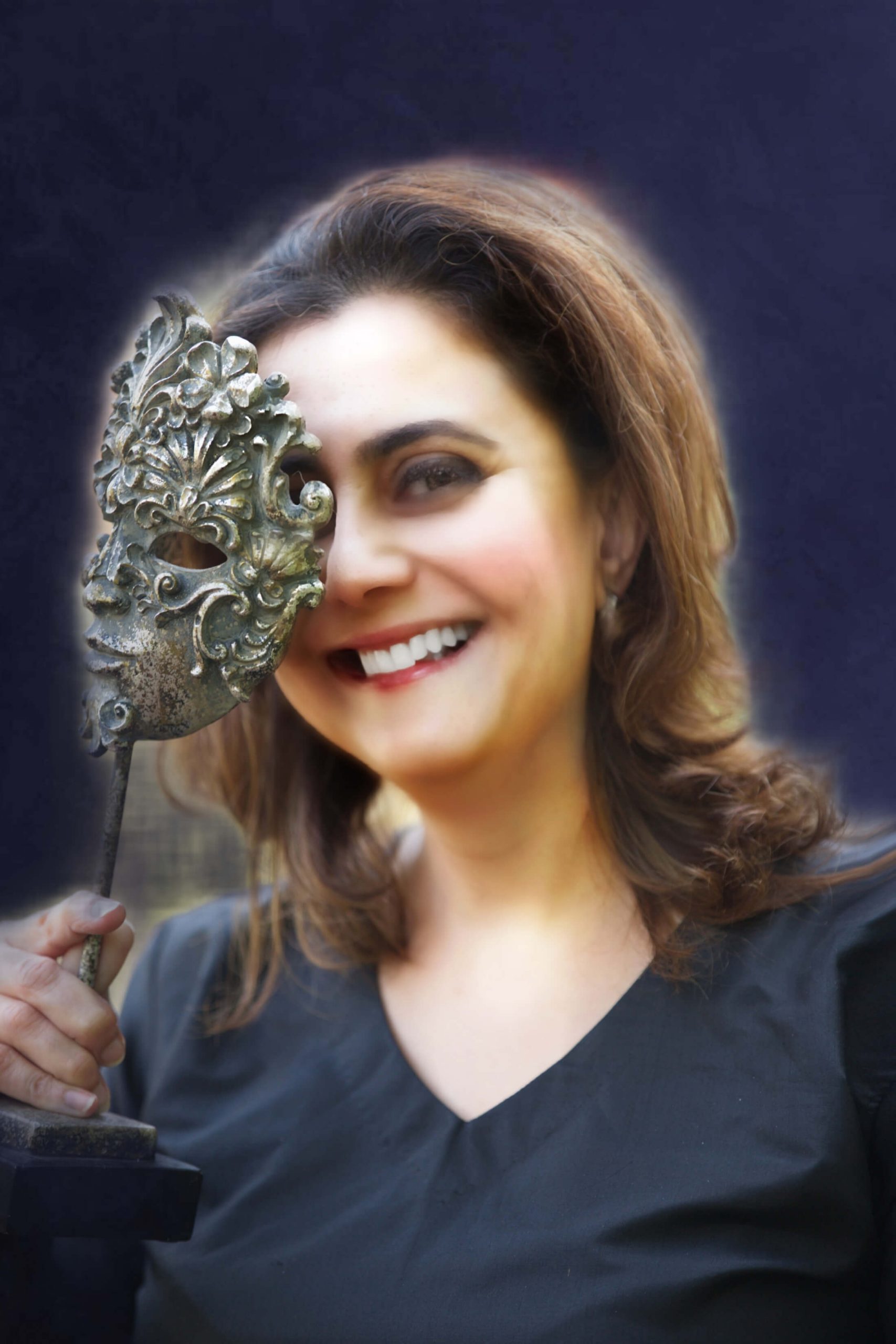
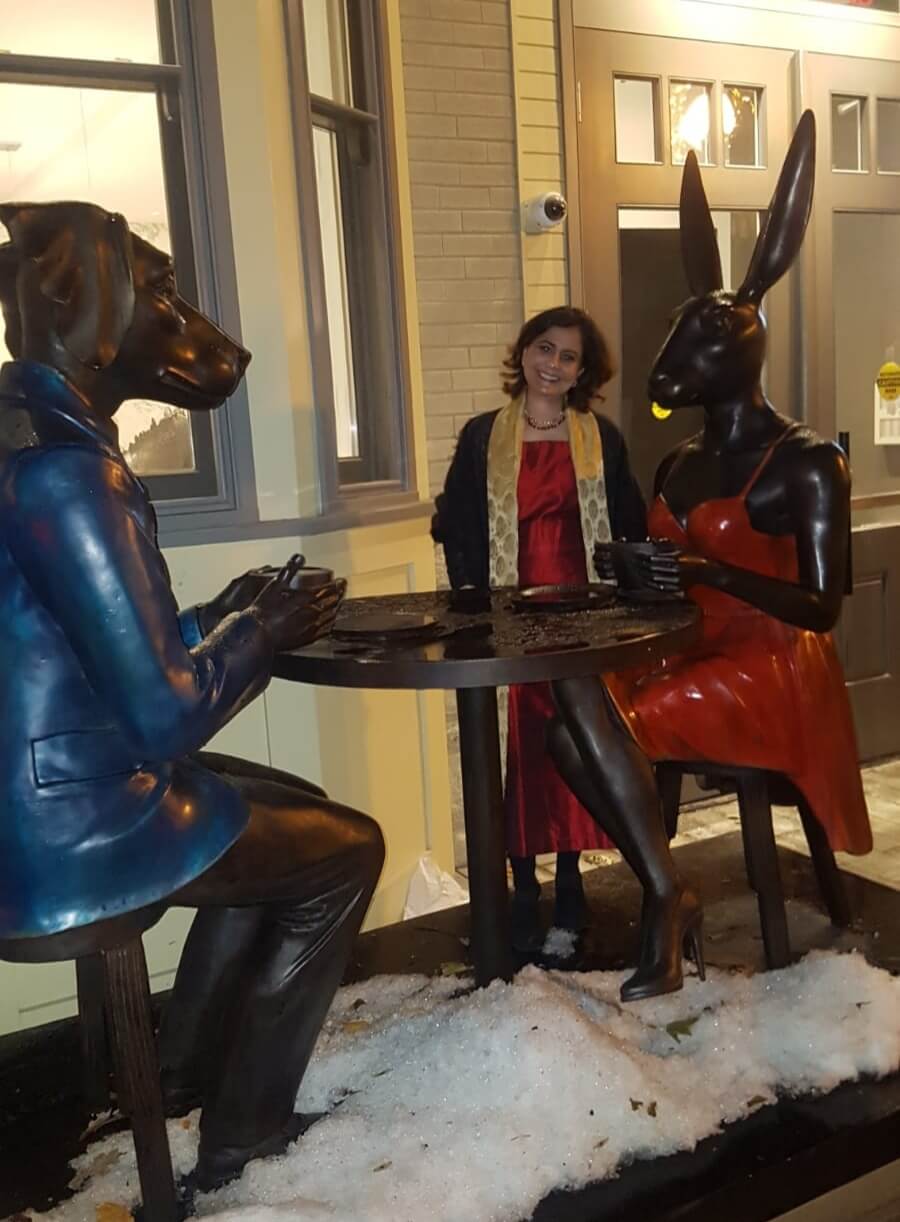
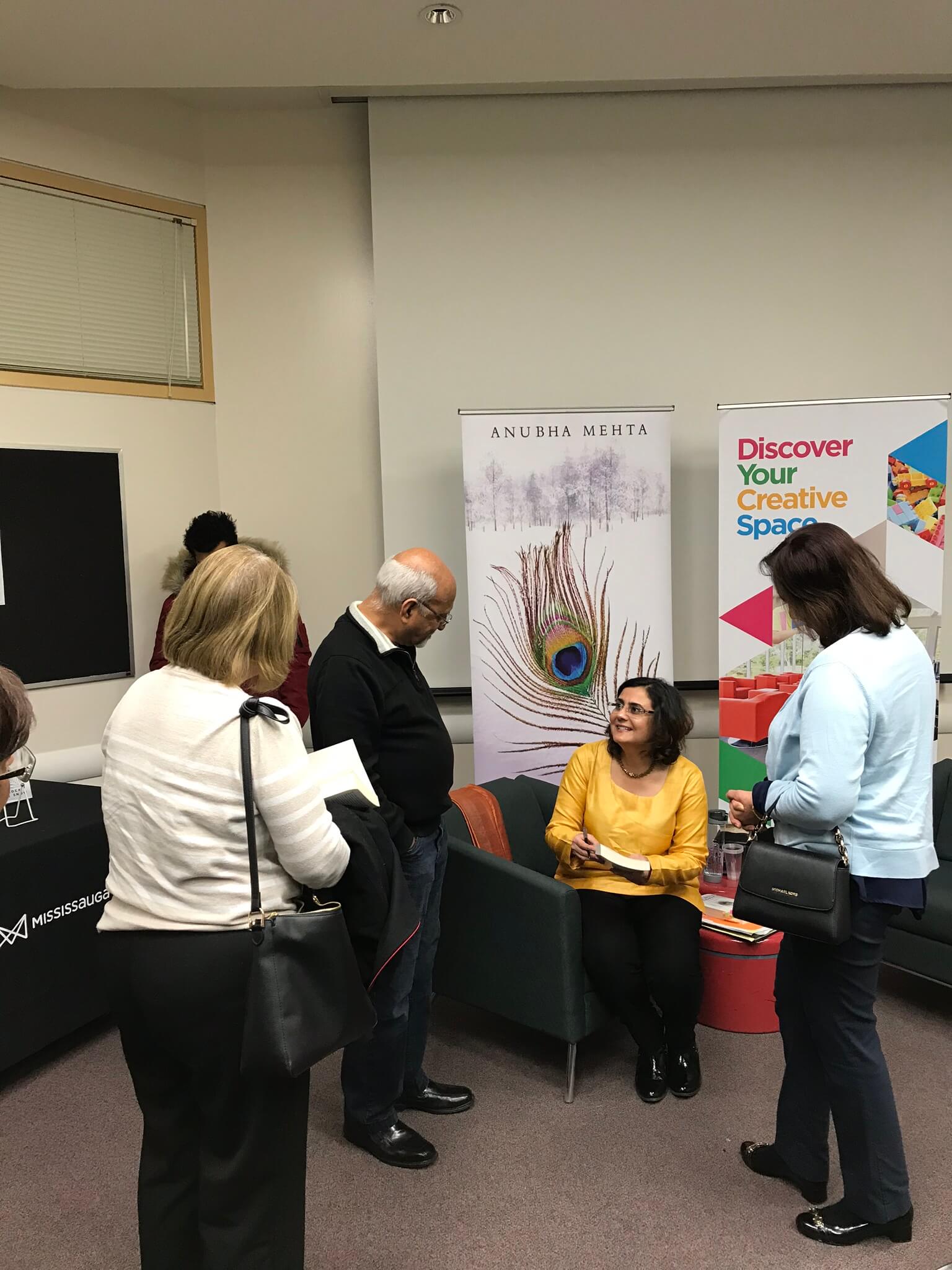
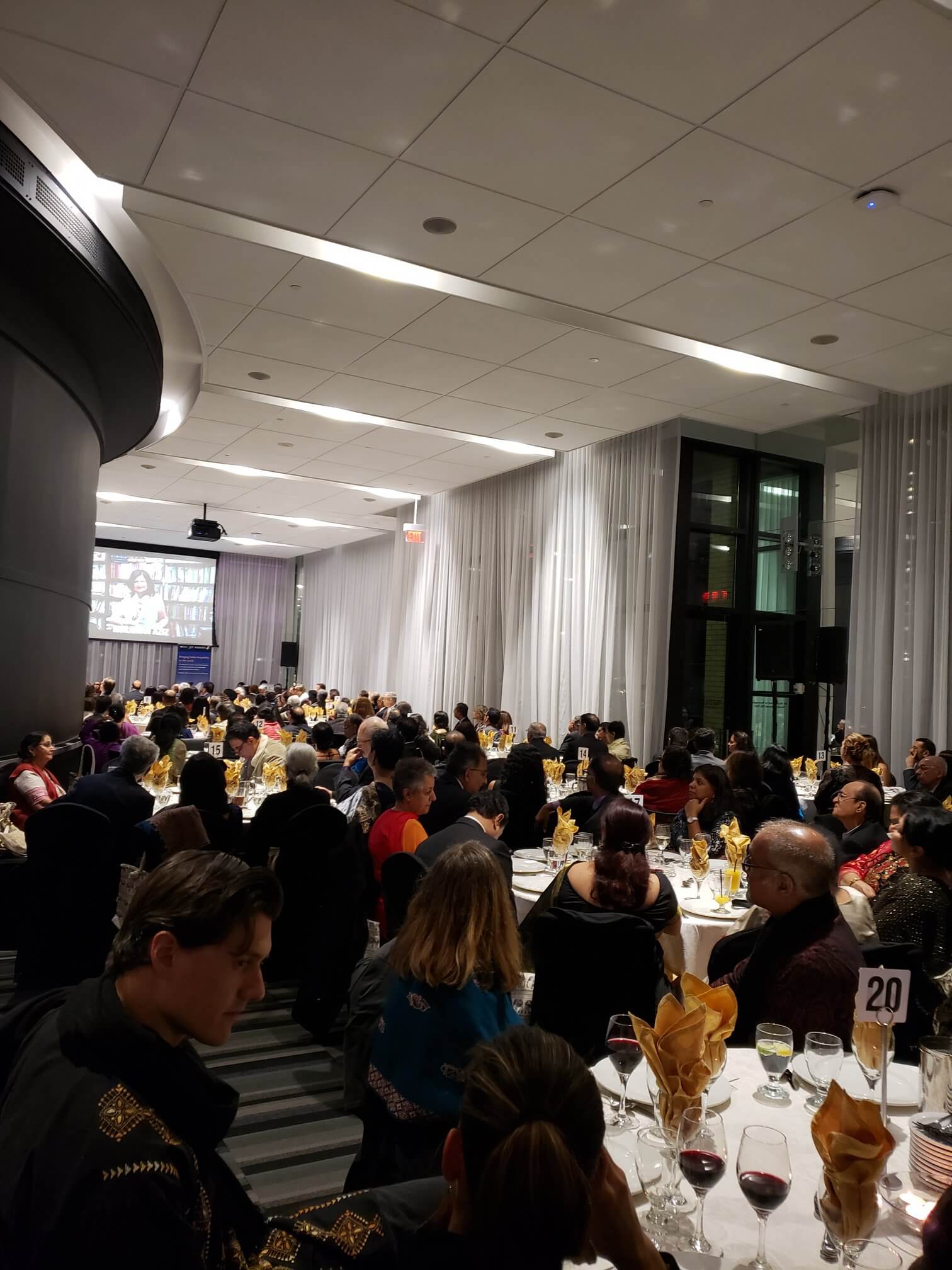
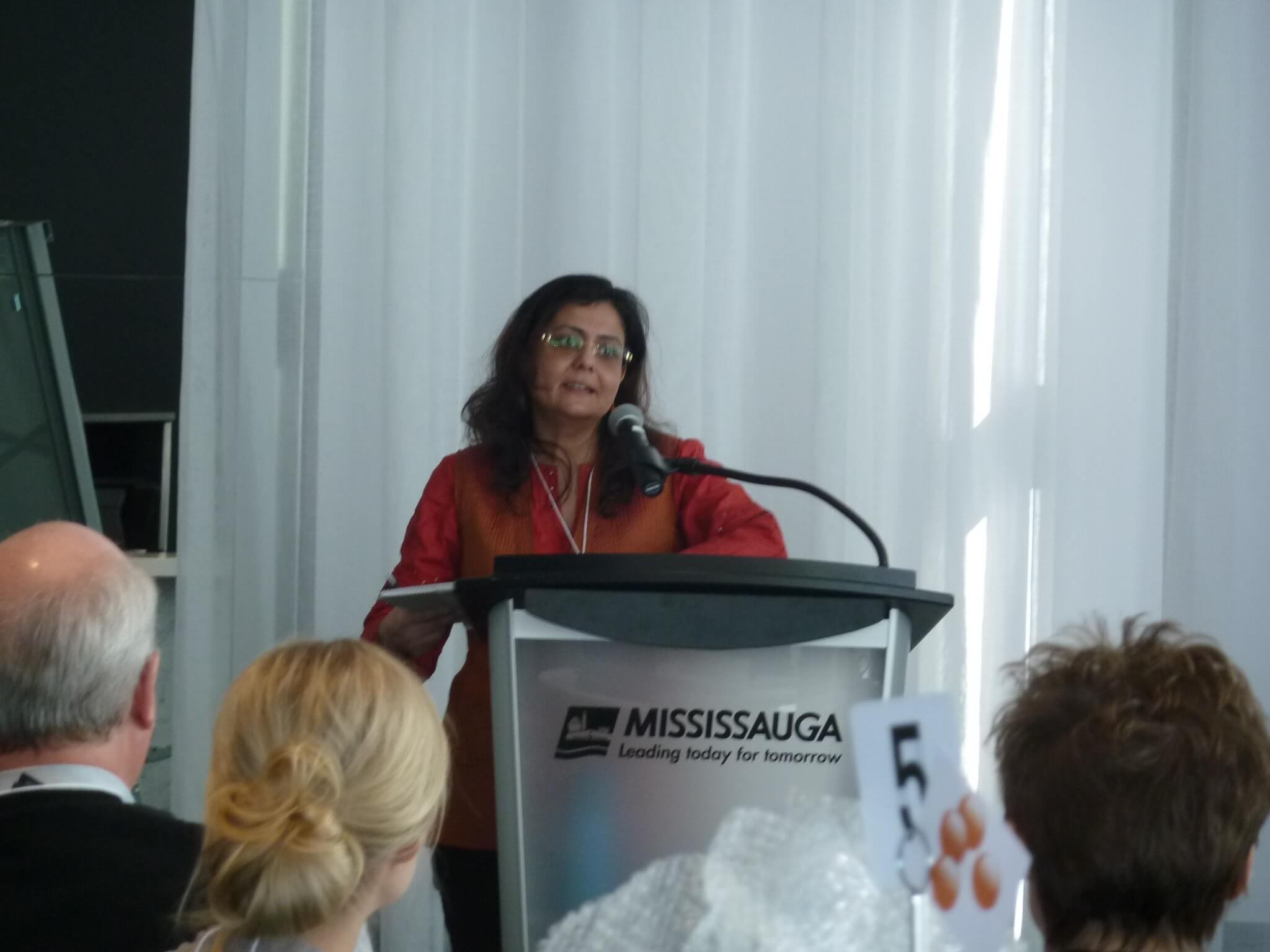
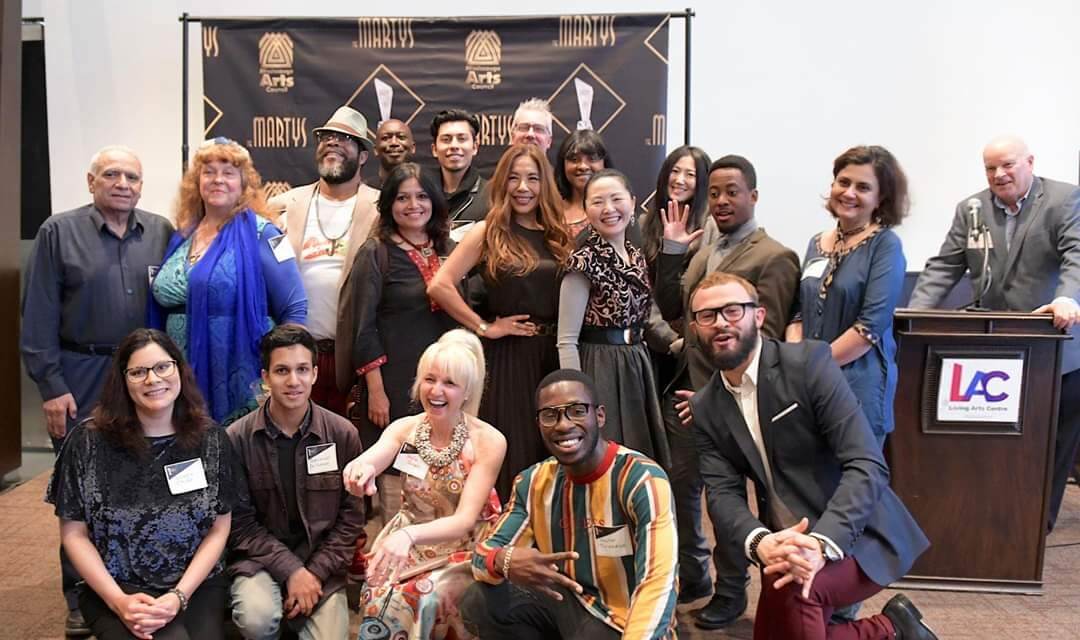
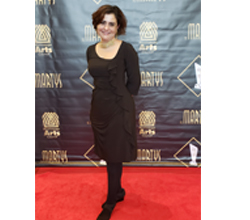
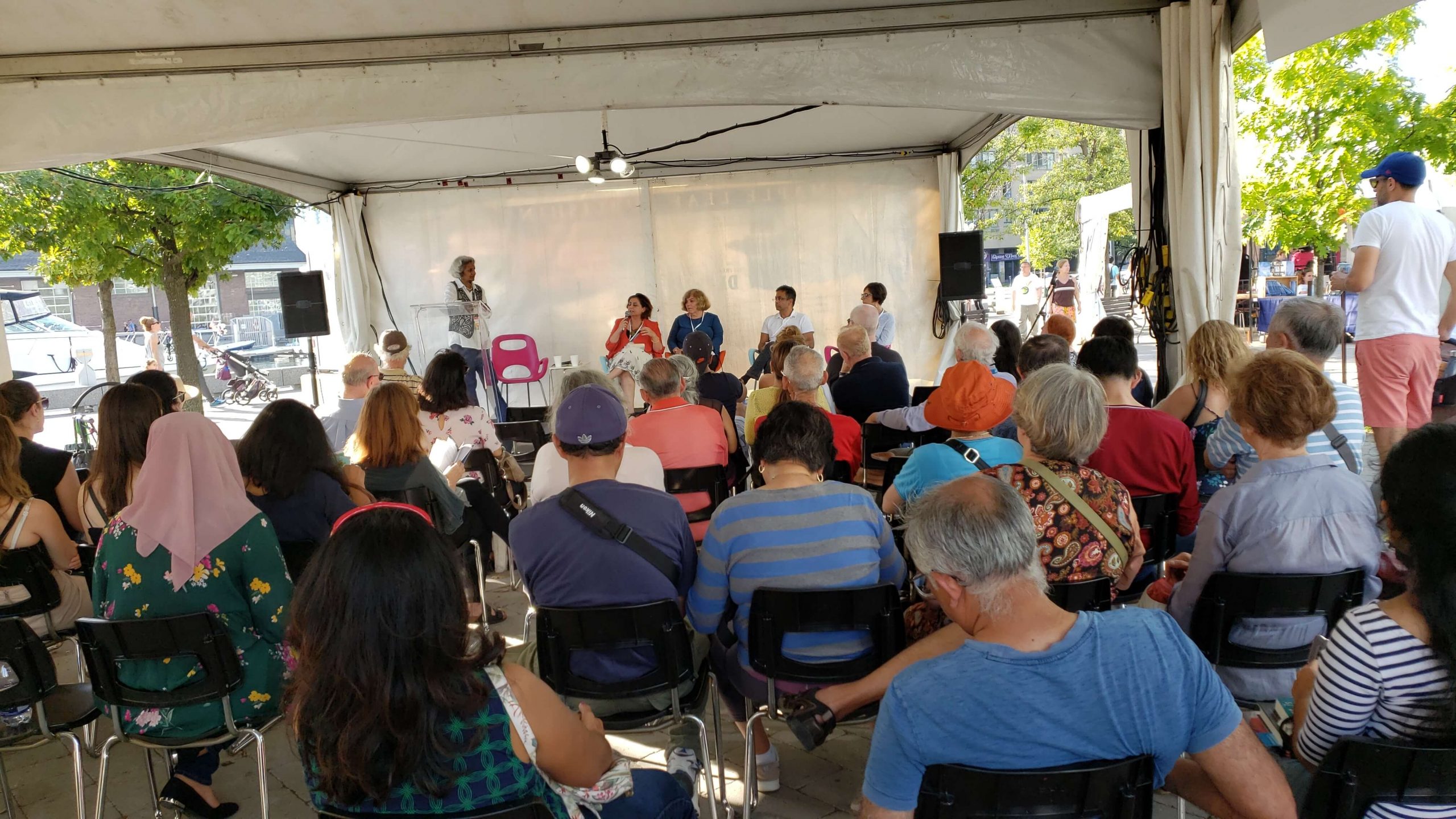
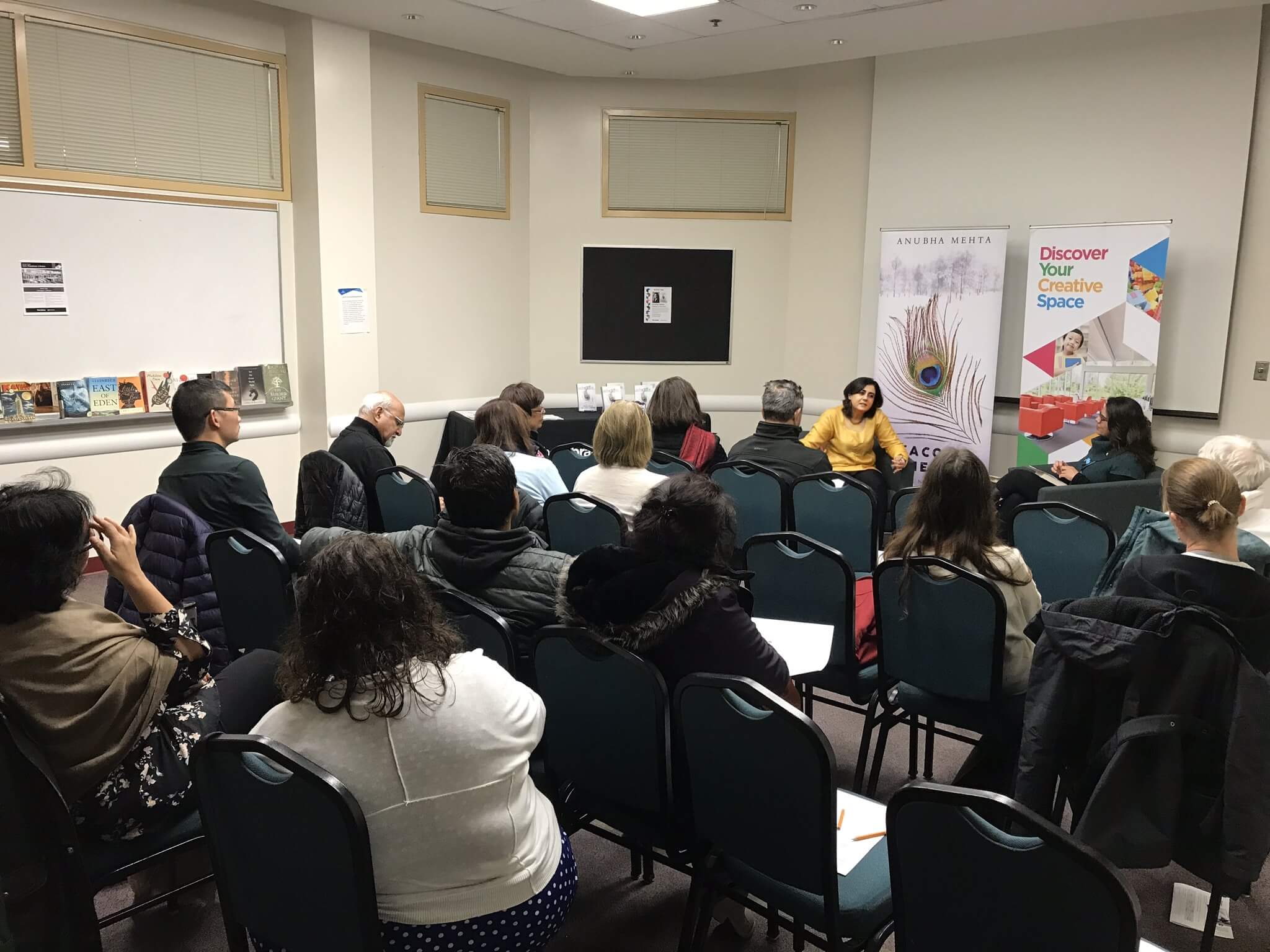

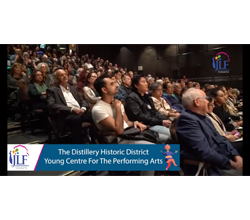
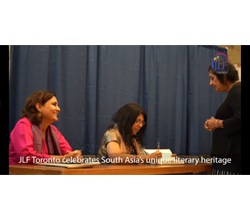
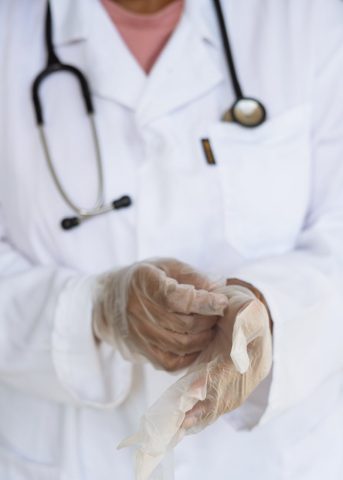
Hello,
My name is Dr. Chandrakant Shah and I landed in Canada with a medical degree and several inherent disadvantages of being an immigrant, a visible minority, having a poor command of the language, and with no socio-political connections.
Today, I am a retired Professor Emeritus at the Dalla Lana School of Public Health, University of Toronto; Honorary Staff Physician, The Hospital for Sick Children, and a Board Member, Anishinaabe Health Foundation.
It took me five decades of sustained grassroots work to change my circumstance and come a little closer to achieving my larger dream of more equitable health care.
 After thirty years of working as a professor, I retired in 2001. Since then, I started my journey with the Anishinaabe Health Toronto, a community health center for the indigenous people, to work as a primary care physician. I was born in 1936 in a middle-class family in a small town in India with a population of 30,000. During my childhood, our home didn’t have any electricity or a telephone. There was only one government-run primary and secondary school, where I went. My childhood was unremarkable except that I was a good student. After high school, I decided to pursue medicine and applied for medical college in a bigger city. I graduated with good marks and a short stint in residency in Internal Medicine in India, I moved to the USA for postgraduate training for two years. From here I went to the United Kingdom for nine months and then immigrated to Vancouver, Canada in 1965 where I finished my pediatric training.
After thirty years of working as a professor, I retired in 2001. Since then, I started my journey with the Anishinaabe Health Toronto, a community health center for the indigenous people, to work as a primary care physician. I was born in 1936 in a middle-class family in a small town in India with a population of 30,000. During my childhood, our home didn’t have any electricity or a telephone. There was only one government-run primary and secondary school, where I went. My childhood was unremarkable except that I was a good student. After high school, I decided to pursue medicine and applied for medical college in a bigger city. I graduated with good marks and a short stint in residency in Internal Medicine in India, I moved to the USA for postgraduate training for two years. From here I went to the United Kingdom for nine months and then immigrated to Vancouver, Canada in 1965 where I finished my pediatric training.
During my professional career, I have always advocated for improving the health and well-being of marginalized groups in Canadian society.
Within 55 years, I have seen the world change before my eyes within Canada and the world. Recently, we have witnessed unparalleled movements across our continent to support movements for Black Lives Matter, antiracism, and social equity. Our leaders in Canada and elsewhere publicly acknowledged the existing systemic racism in our society, health care system, places of higher learnings, judicial, and police forces.
I was compelled to document my lived experiences in the form of a memoir narrating my struggles, breakthroughs of mobilizing necessary resources, and public opinions. I have written twelve chapters.
While I was always considered to be an excellent resident in clinical care, I had no experience in research, publishing, presentation at a public forum, or leading any project. English being my second language, I always found myself at disadvantage in speaking and writing reports. However, I was fortunate to work as a fellow at the Vancouver General Hospital under Late Dr. Geoffrey Robinson, a brilliant clinician, academician, and above all a great humanitarian. In 1970, I became the first full-time medical director of the Children’s Aid Society of Vancouver which opened my eyes to trials and the trauma of children in the care of child welfare agencies. The late Dr. Harry Bain at the Hospital for Sick Children introduced me to Indigenous health issues.
What was very important to me, were the small wins.
Here is one story:
My wife, immigrated to Canada one year after me but hesitated to become a Canadian citizen till 1980. When she decided to cross over, she had to take the citizenship exam by the Canadian Government. The Citizenship Department required that all immigrants wishing to become Canadian citizens should be well versed in certain aspects of Canada such as its parliamentary system and how provinces and local governments were organized and the county’s history, such as how the country was founded by English and French.
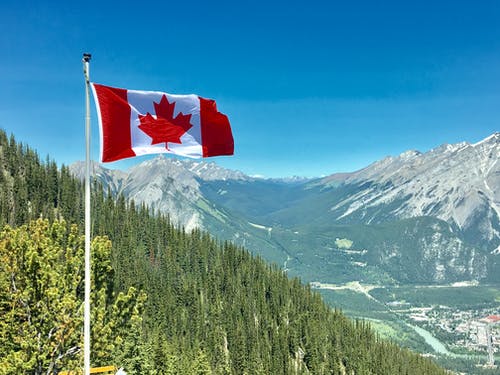 I noticed that there was complete silence about Indigenous communities. There was nothing mentioned about the treaties that were signed with the first nation communities to colonize their land, the forced separation of first nation children from their mothers by imprisoning and torturing the children in residential schools, adoption of Indigenous children to non-Indigenous parents in Canada. There was no mention of how systemically, Indigenous people were stripped from their culture, heritage, language, and their belief system all under the name of assimilation. This touched my heart and in 1991, I began a one-person letter writing campaign to the federal, provincial, and municipal governments of the day. I reached out to local churches and social organizations for their support letters for the need for a change in the Citizenship Guide to provide more information about Indigenous peoples to new immigrants. Since Canadian Confederation (1867) new immigrants represent at least sixteen percent of the Canadian population, yet they possess very little or almost no knowledge about Indigenous peoples or the concept of treaties. Many immigrants hold stereotypical negative views towards Indigenous people and wonder in this land of opportunity why they are having so many problems!
I noticed that there was complete silence about Indigenous communities. There was nothing mentioned about the treaties that were signed with the first nation communities to colonize their land, the forced separation of first nation children from their mothers by imprisoning and torturing the children in residential schools, adoption of Indigenous children to non-Indigenous parents in Canada. There was no mention of how systemically, Indigenous people were stripped from their culture, heritage, language, and their belief system all under the name of assimilation. This touched my heart and in 1991, I began a one-person letter writing campaign to the federal, provincial, and municipal governments of the day. I reached out to local churches and social organizations for their support letters for the need for a change in the Citizenship Guide to provide more information about Indigenous peoples to new immigrants. Since Canadian Confederation (1867) new immigrants represent at least sixteen percent of the Canadian population, yet they possess very little or almost no knowledge about Indigenous peoples or the concept of treaties. Many immigrants hold stereotypical negative views towards Indigenous people and wonder in this land of opportunity why they are having so many problems!
The letter-writing campaign lasted for almost three years.
Finally, we won.
In 1994, the materials provided in the citizenship guide and the citizenship exams were updated by the Federal government. This guide now includes a fair amount of relevant material about Indigenous people and questions on the examination.
Since the introduction of the new study guide in 1994, over four million new Canadians, are now aware of different aspects of Indigenous people and their history, as will all the future newcomers to Canada!
Again, my efforts preceded twenty years ahead of the Truth and Reconciliation Commission’s recommendation that all newcomers to this country be
taught about Indigenous history (recommendation # 93).
During my university career, I met overt and covert
discrimination from students and colleagues alike. It helped me understand
discrimination and racism in our society.
All of these lived experiences shaped my value judgment and the scope of my work. Fortunately, also my work had exposed me to some wonderful people and great humanitarians. This provided me balance; it never made me bitter but made me better. As you will see in the rest of the book, the values I had learned, shaped my work. I hope you will enjoy reading it.
On February 5, 2020, I was awarded an Honorary Degree of Doctor of Science, by the University of Toronto.
I was greatly humbled by what President Meric Gertler stated for this award.
“The degree of Doctor of Science, honoris causa, is offered to you in recognition of your outstanding service to the public good…The development of public health as a discipline at the University of Toronto and across Canada bears the unmistakable hallmark of your profound influence, helping set the standards by which public health physicians are trained. Your efforts to promote scholarship and education in Indigenous health, as well as improving services for First Nations populations, anticipated the Truth and Reconciliation Commission by decades. Your remarkable career has earned you friends and admirers throughout the nation, and perhaps especially at the University of Toronto.”
Read Read the full story here: https://supportanishnawbe.ca/dr-shah/
Read more on the Anishinaabe Foundation here and ways to spread the word, share, partner: https://supportanishnawbe.ca/?fbclid=IwAR26AzLg-1pEfRdC2gXn7gAmTkIs7PXtZ5co7Zq3VEzXI3VWNwgIFhbjEVg
Questions to Ponder for the Readers:
I have always valued the famous quote attributed to Margaret Mead, “Never
doubt that a small group of thoughtful committed citizens can change the world..
indeed, it’s the only thing that ever has”.
Do you agree? If so, why do you think that is?
I welcome your comments. All comments are moderated so may not show up immediately. But I will surely get back to you. You can also contact me if you are interested in contributing to my blog, ‘Tell-Tale’ I look forward to hearing from you.